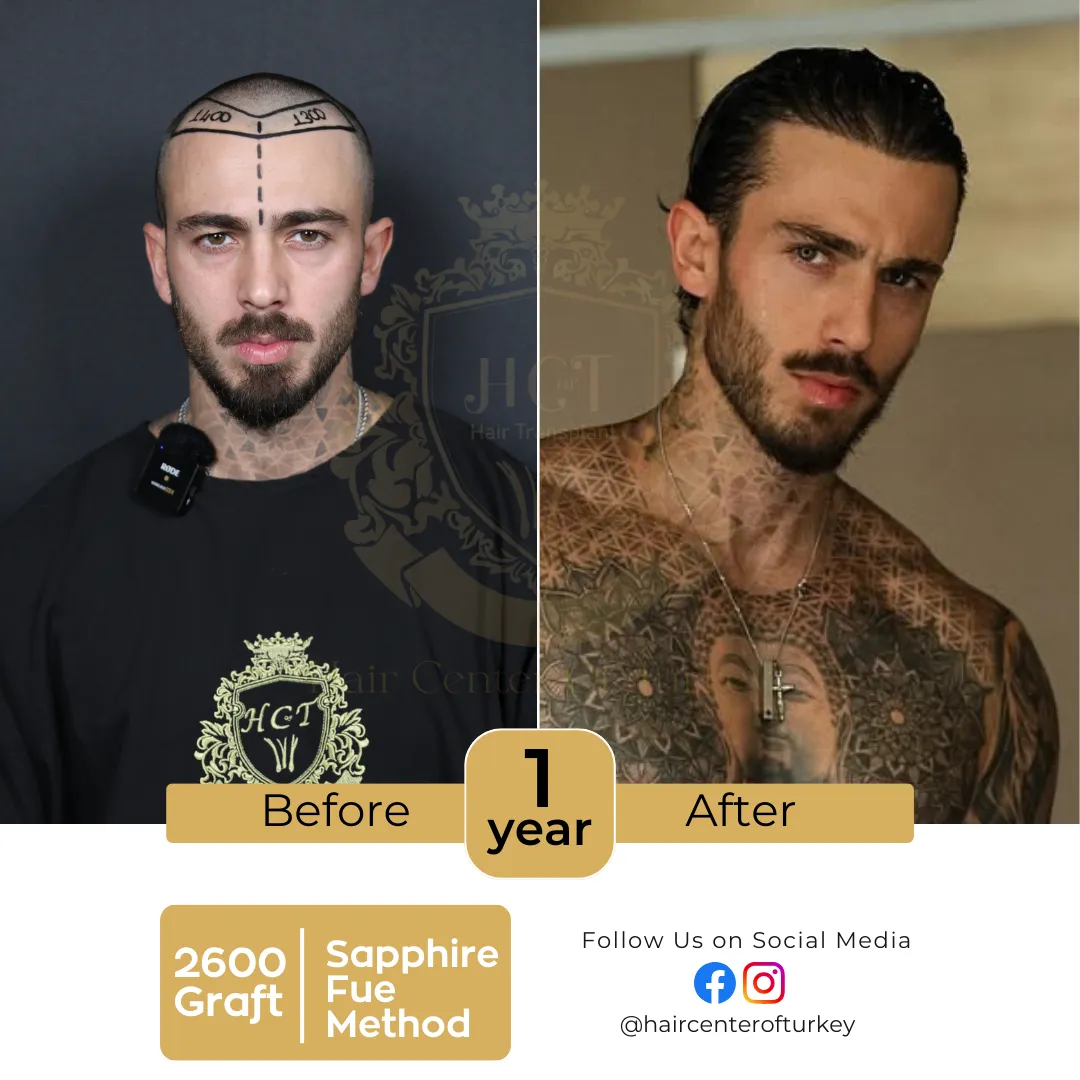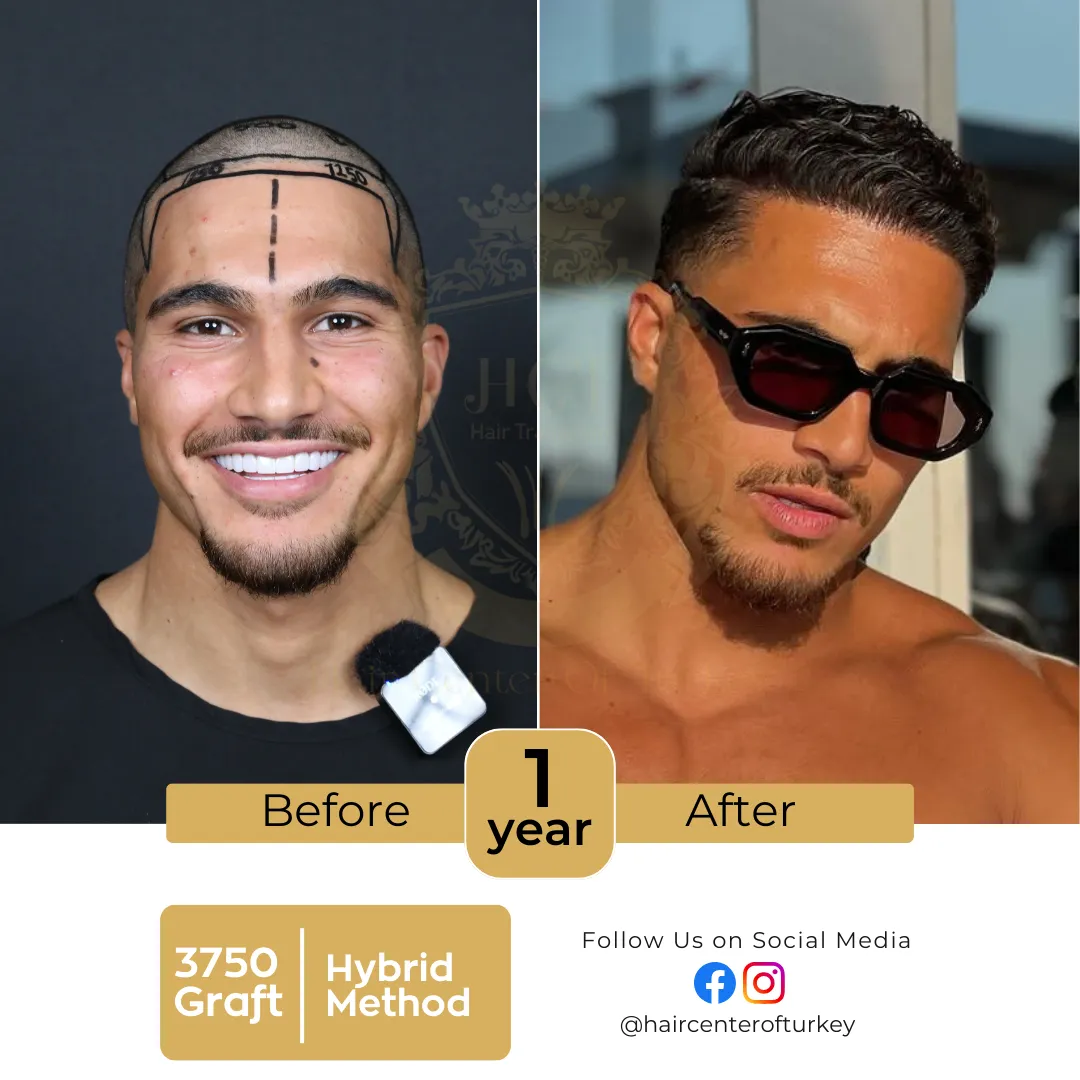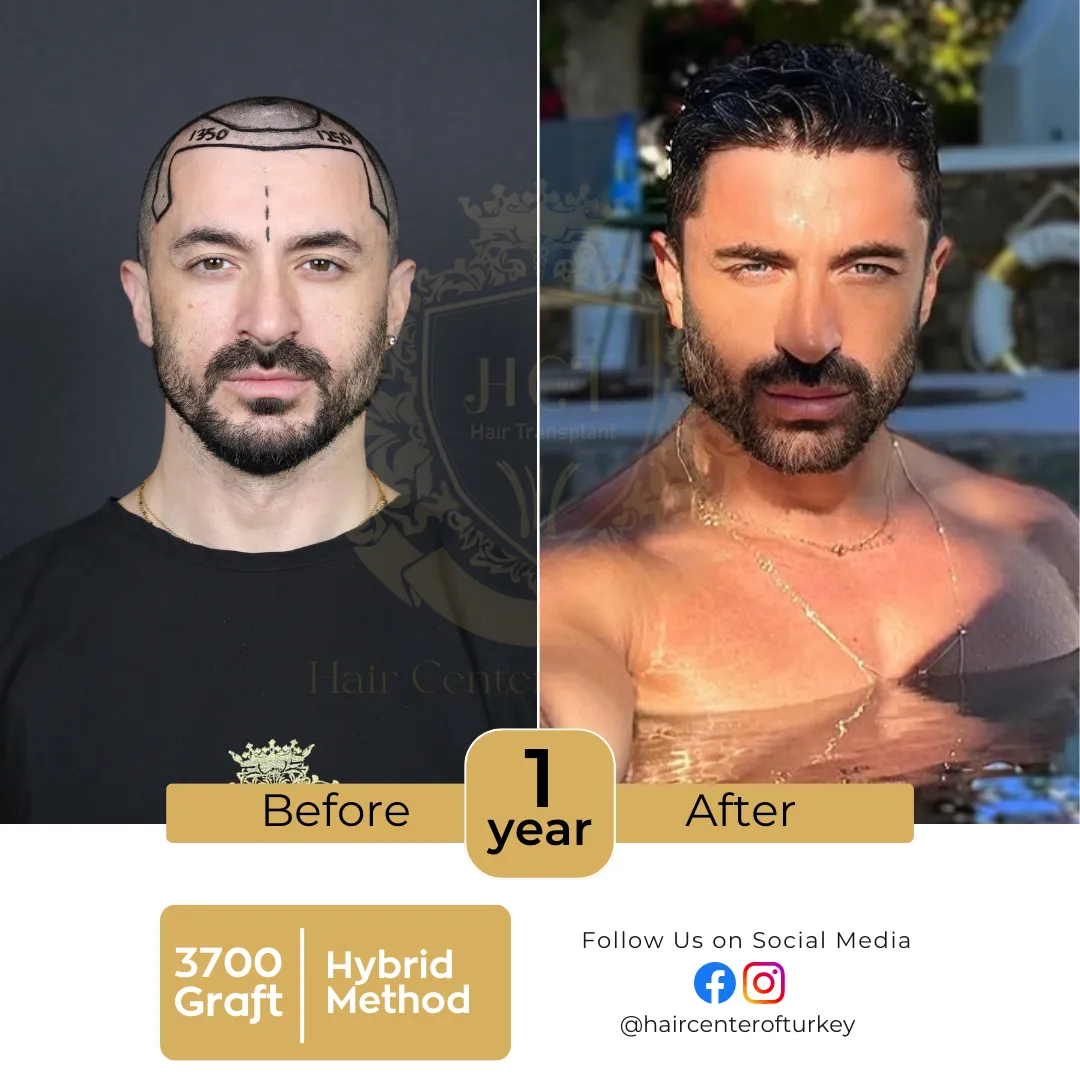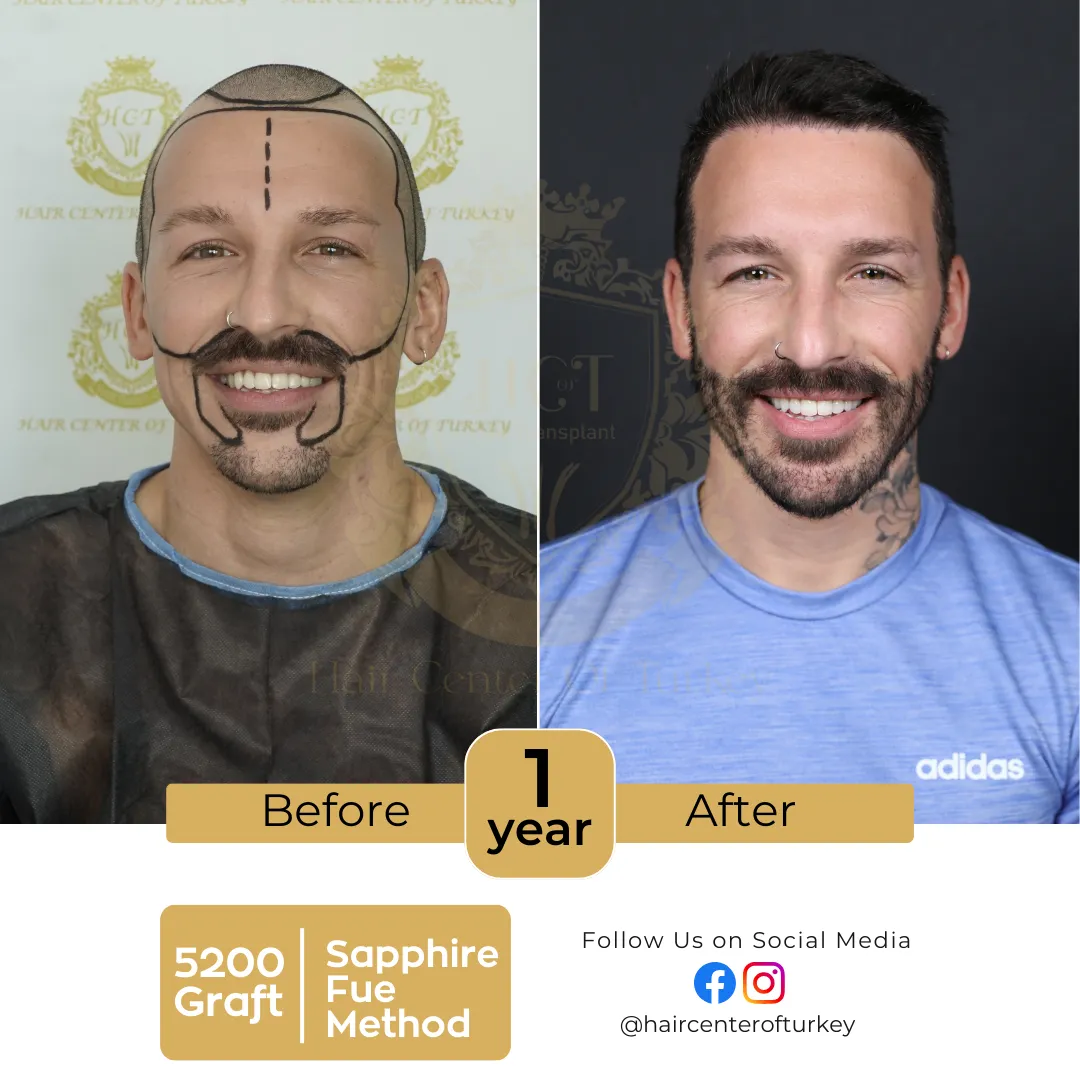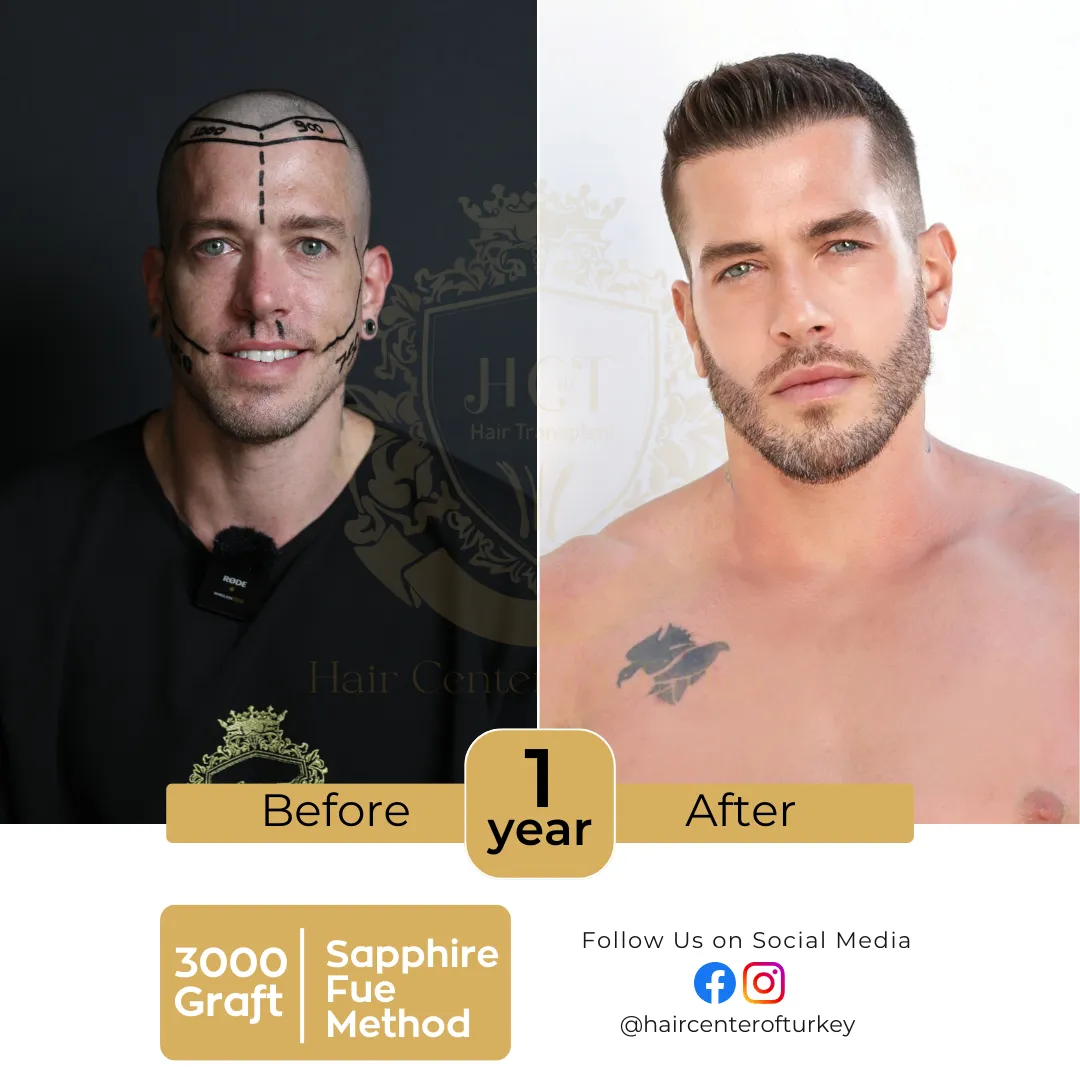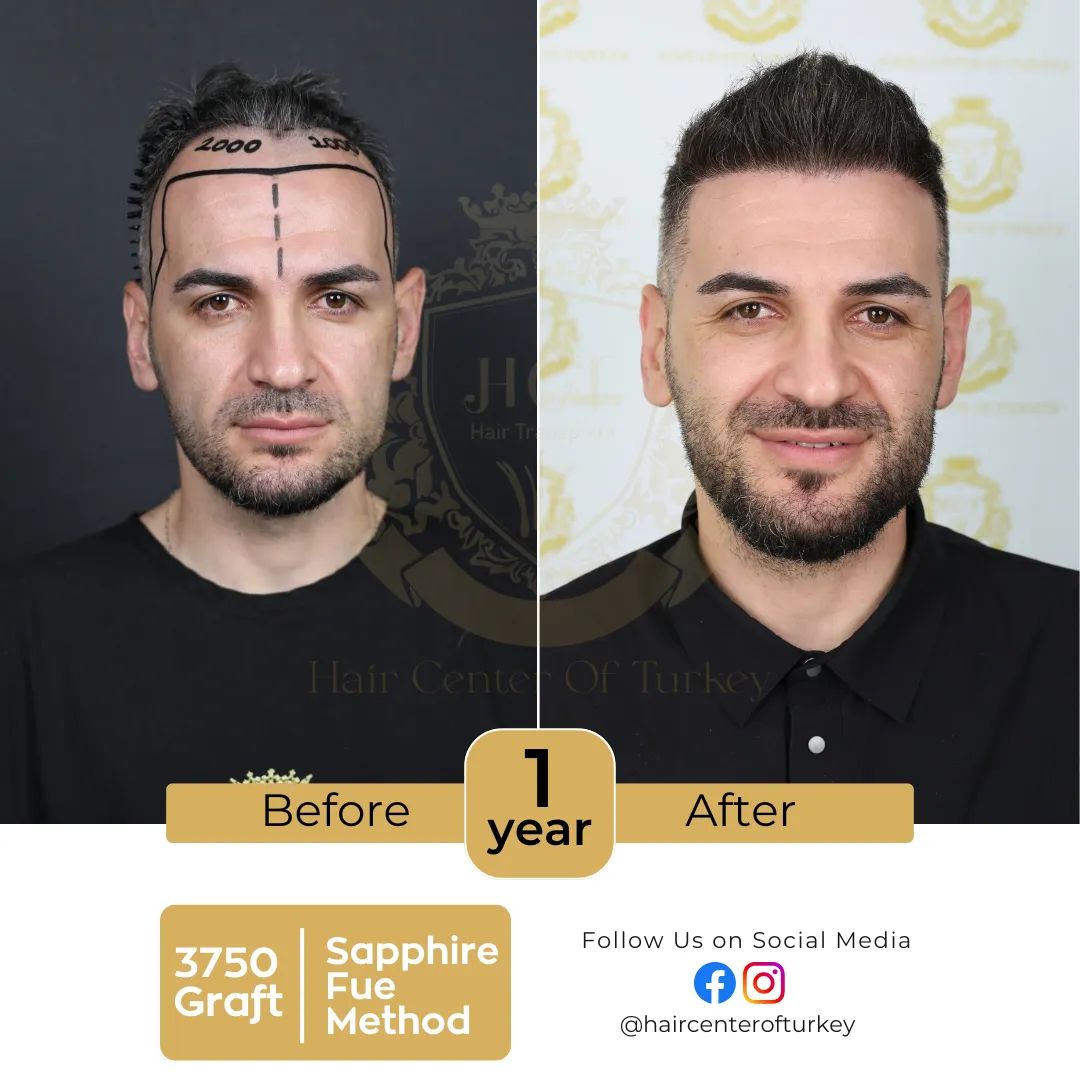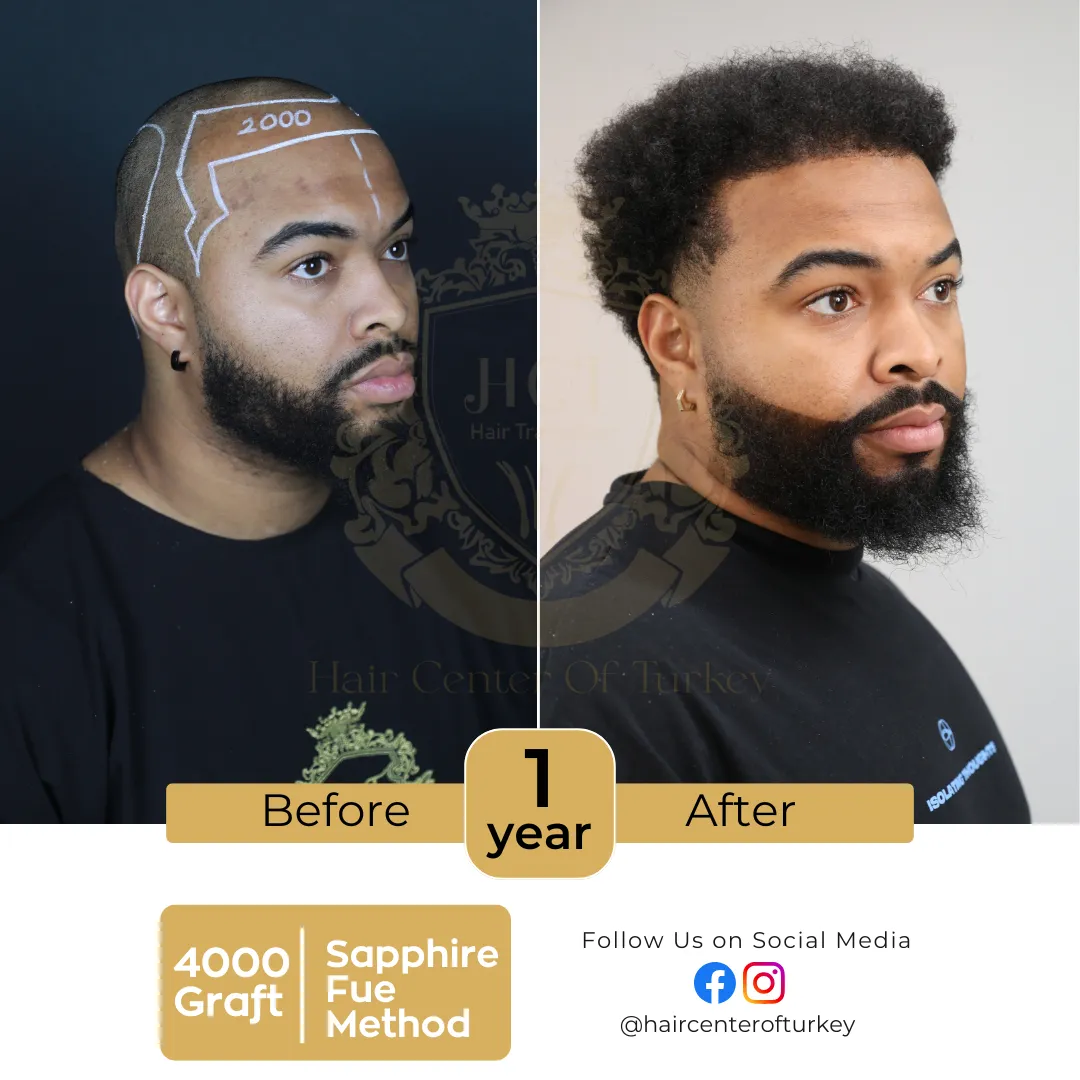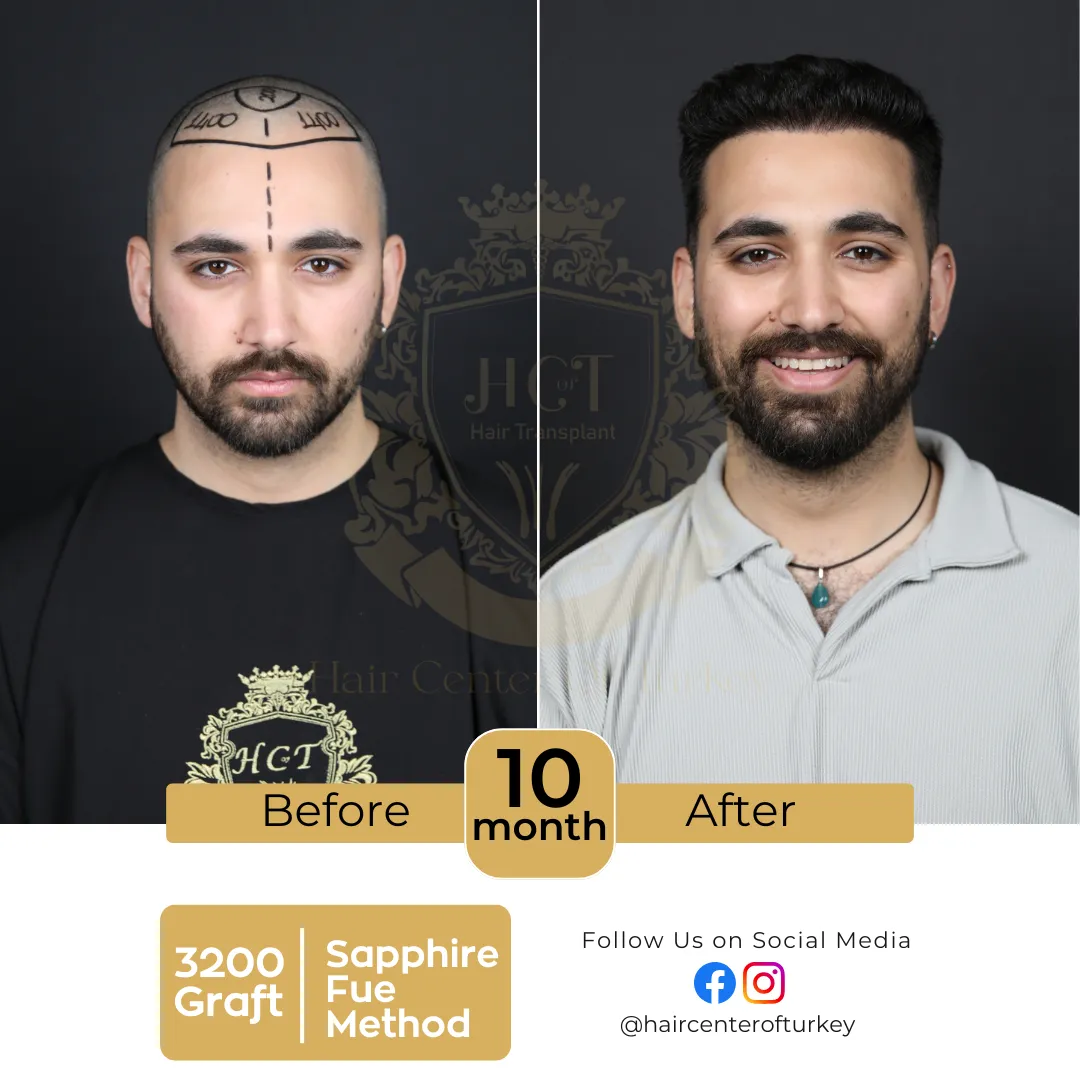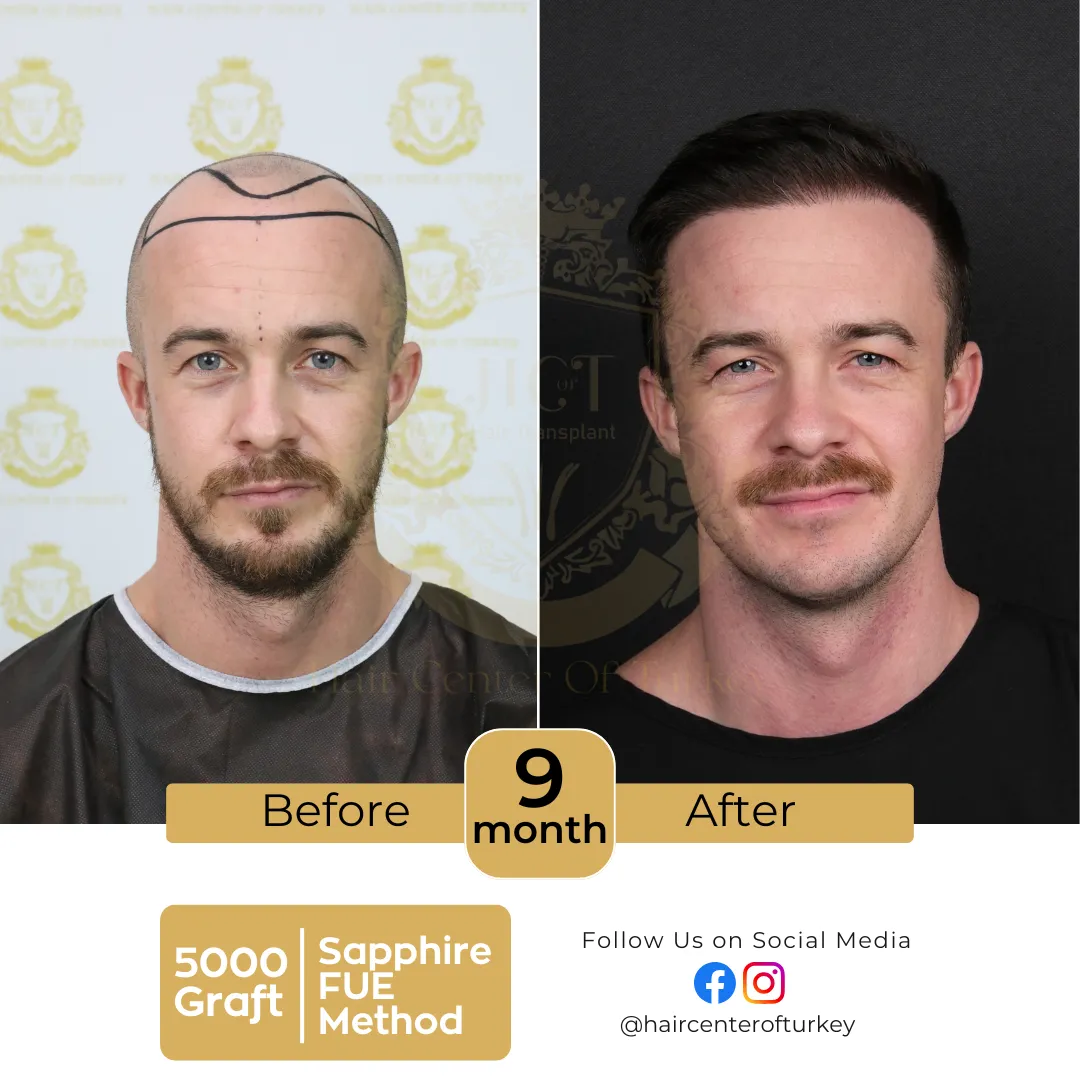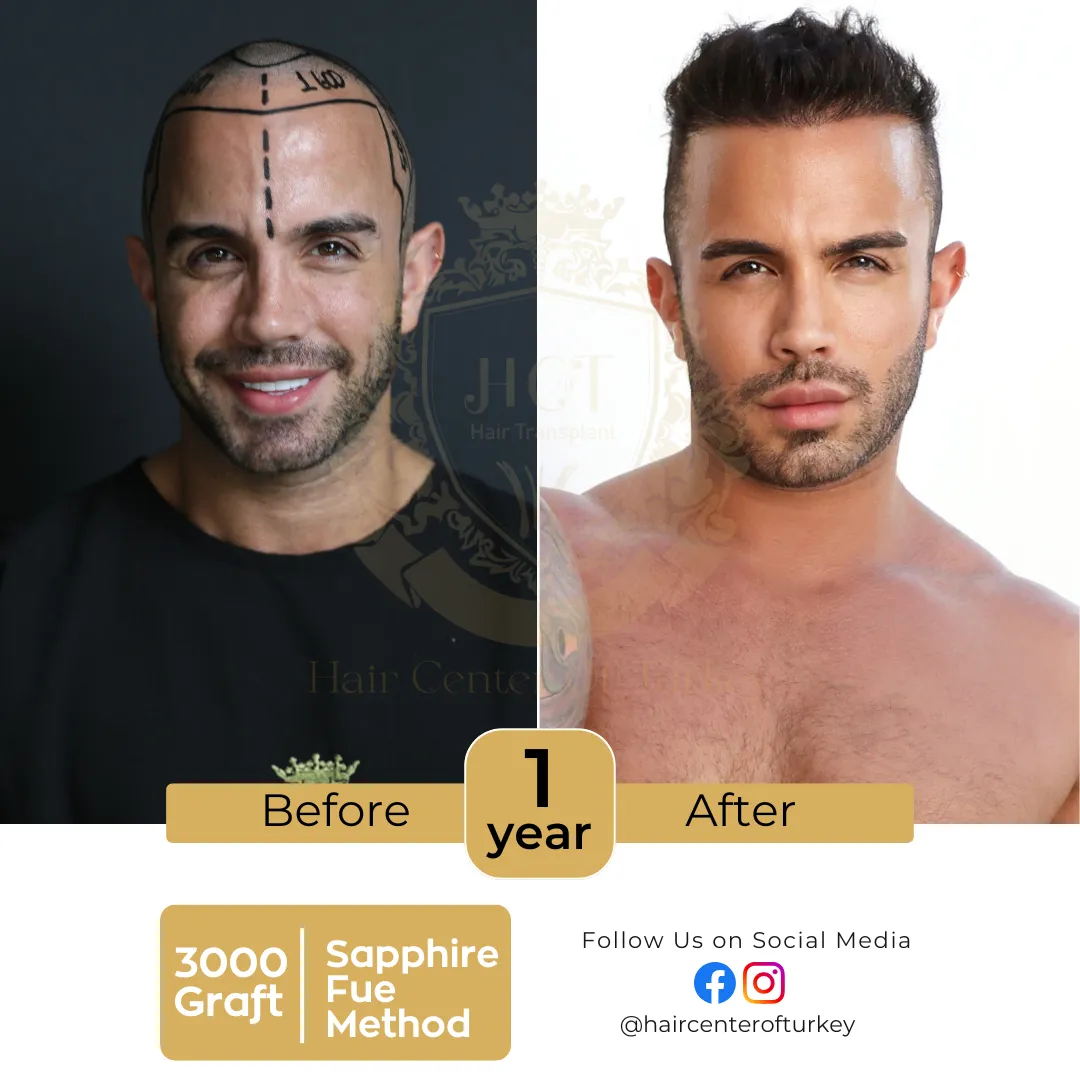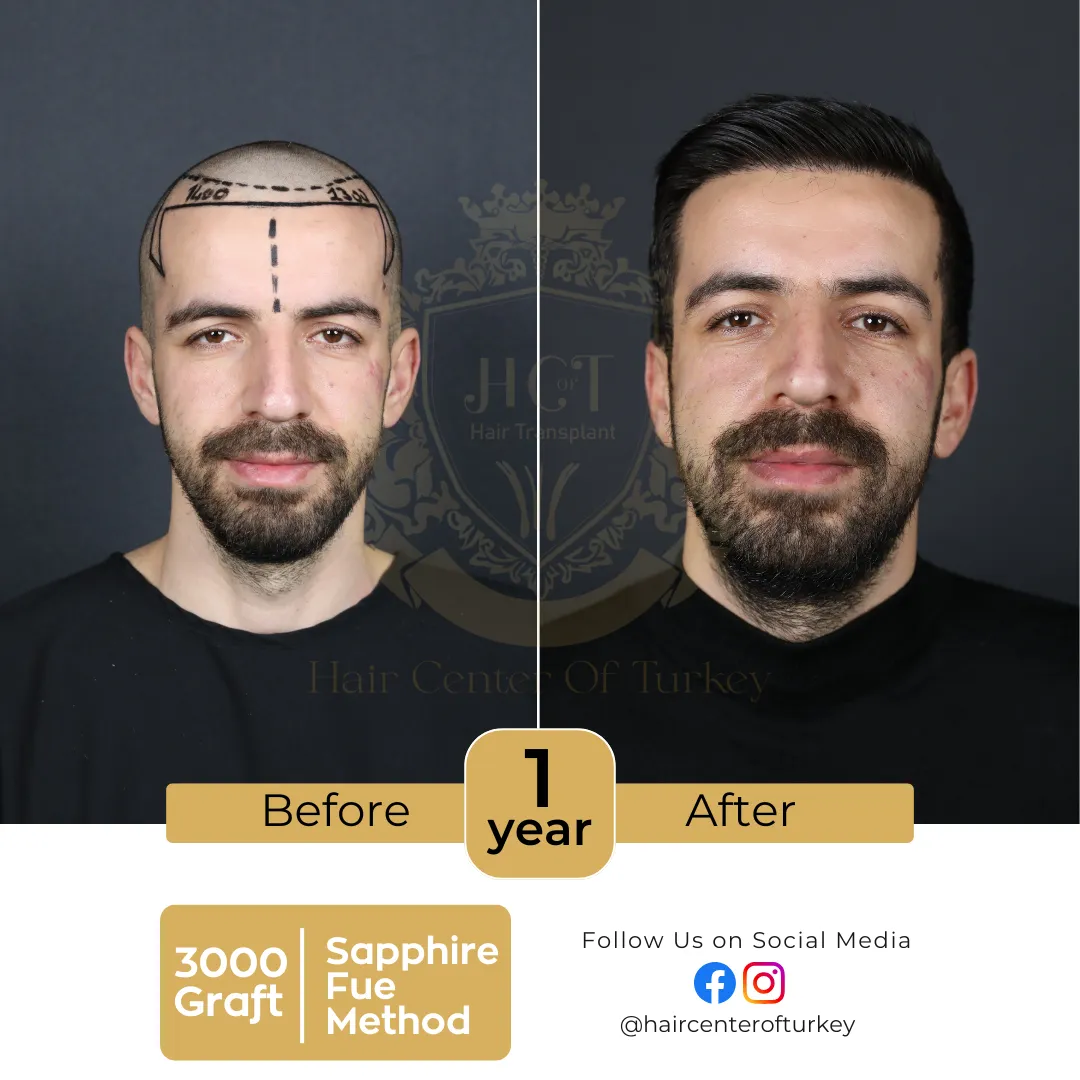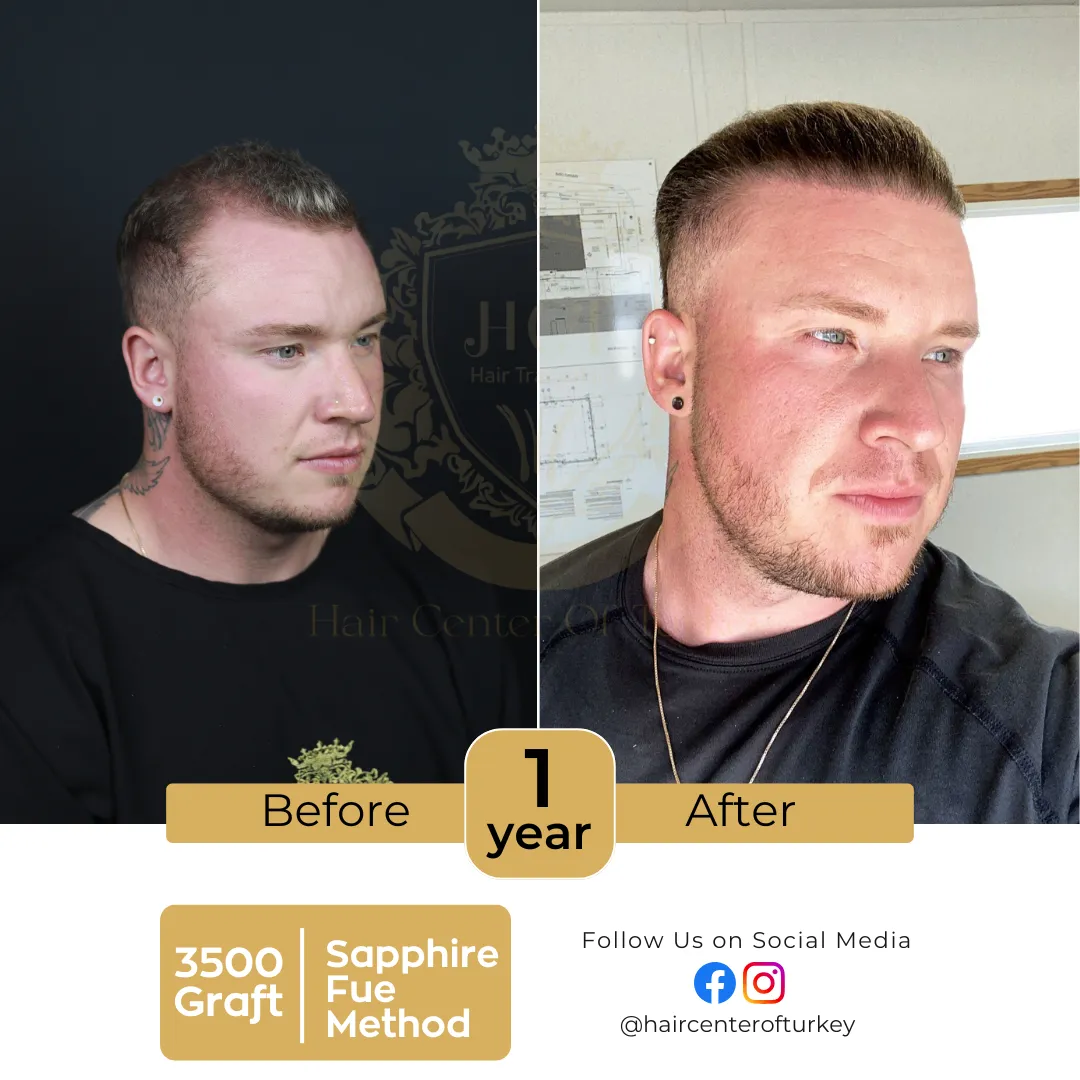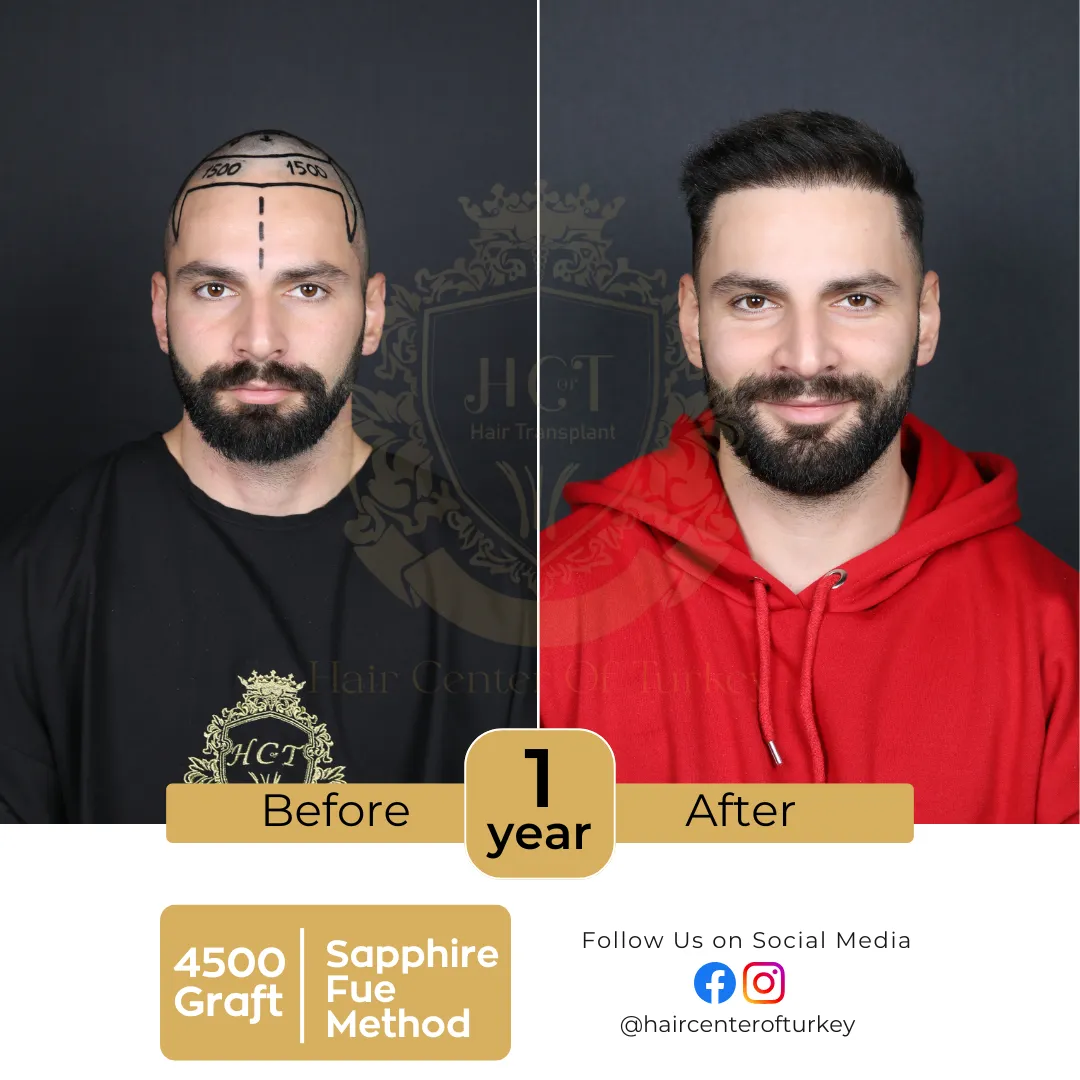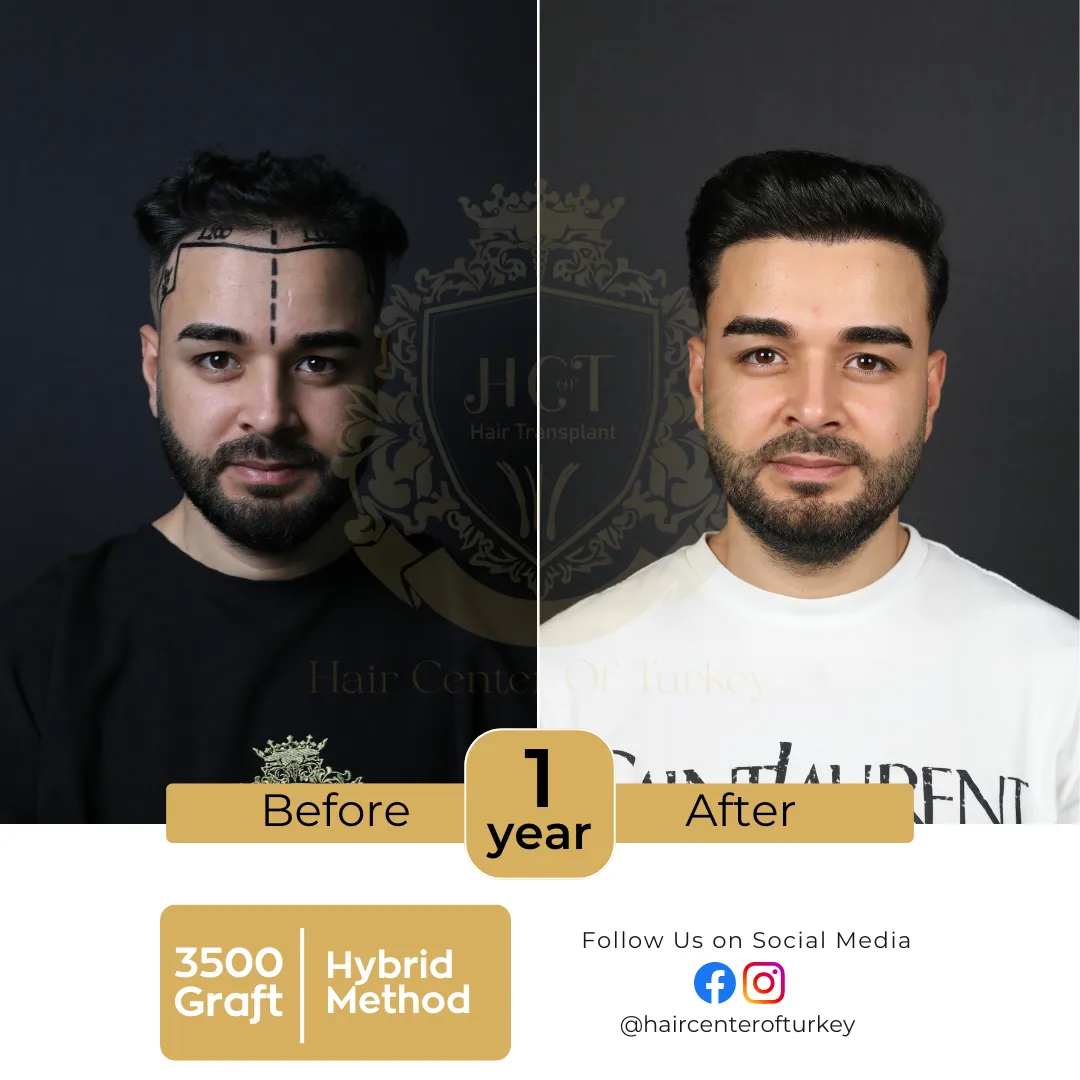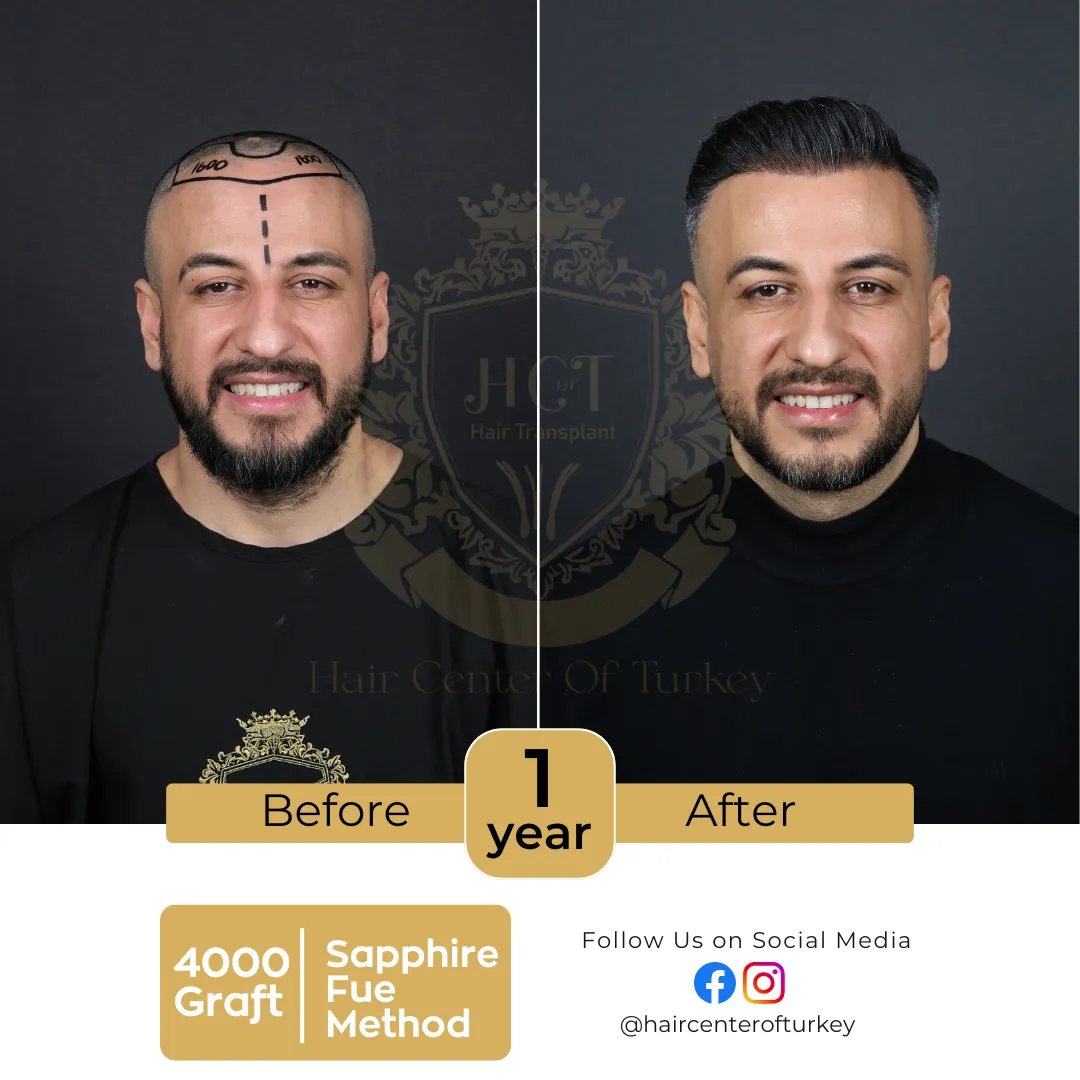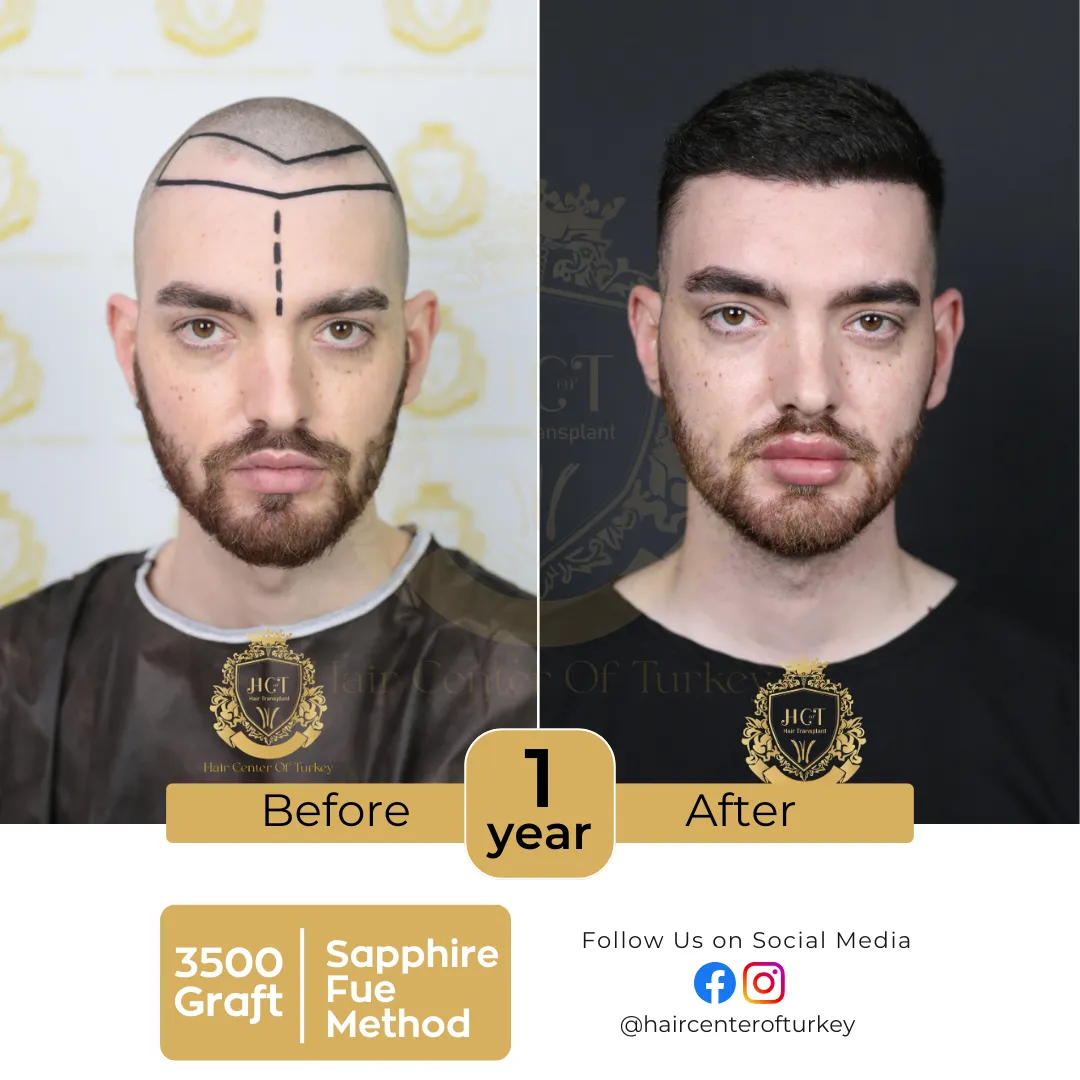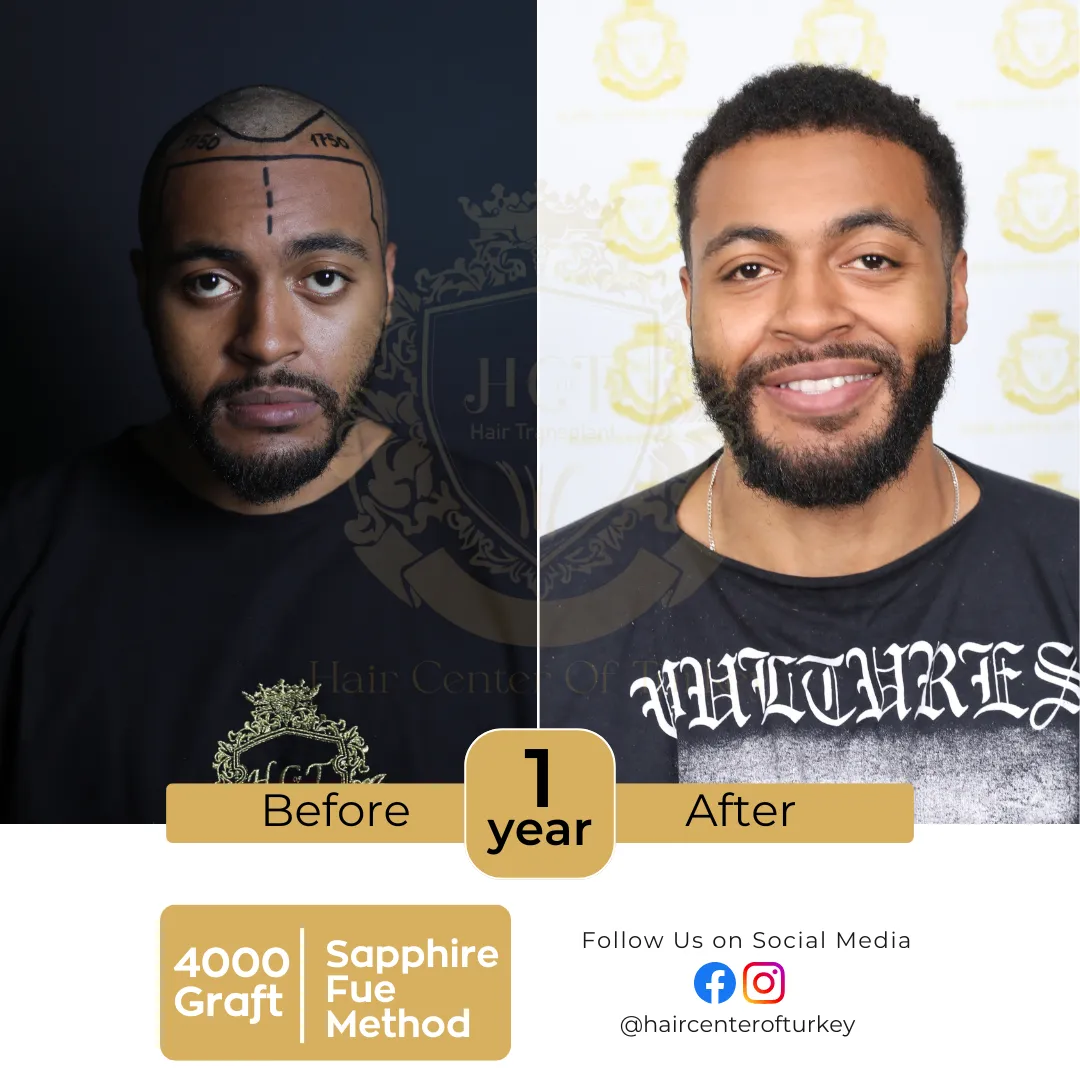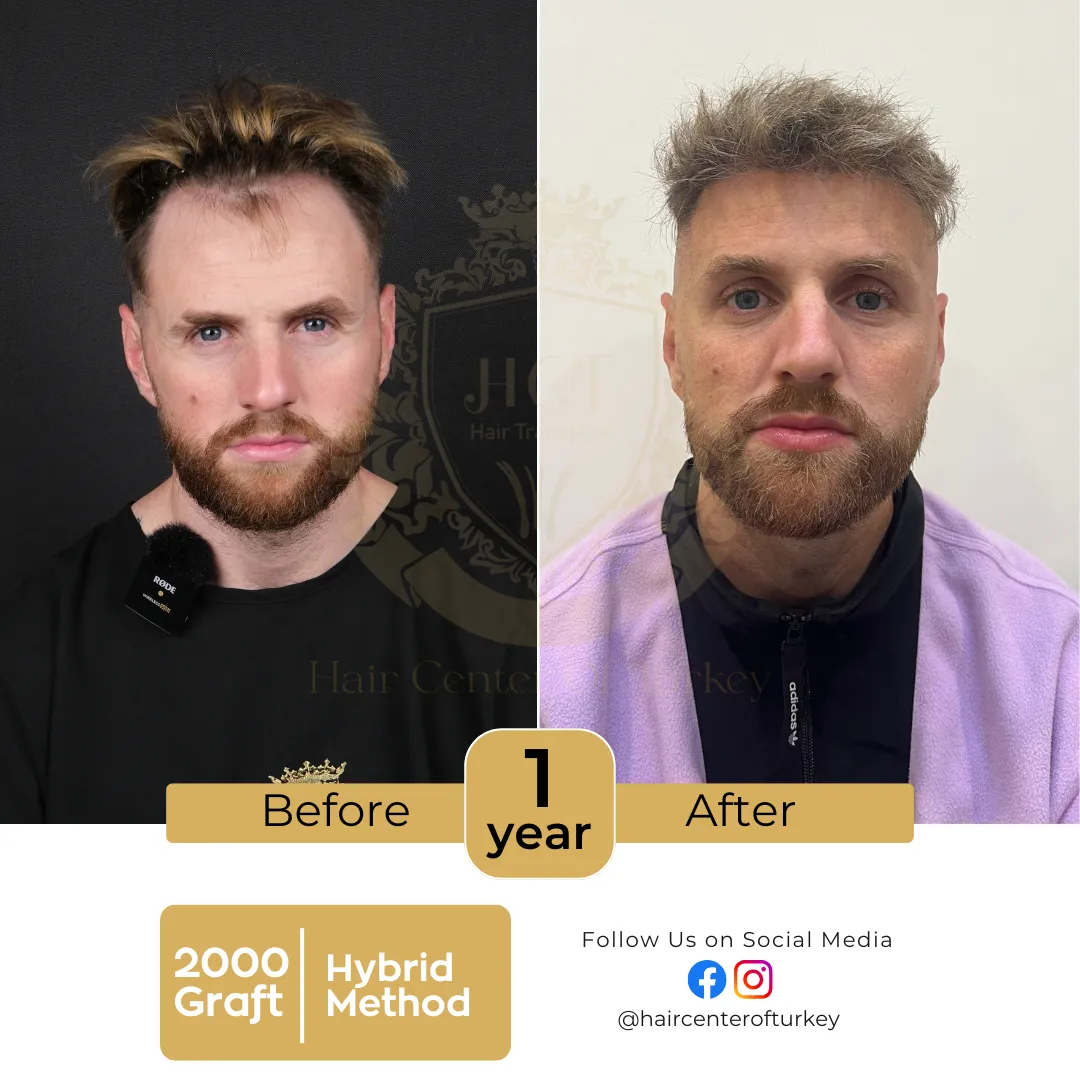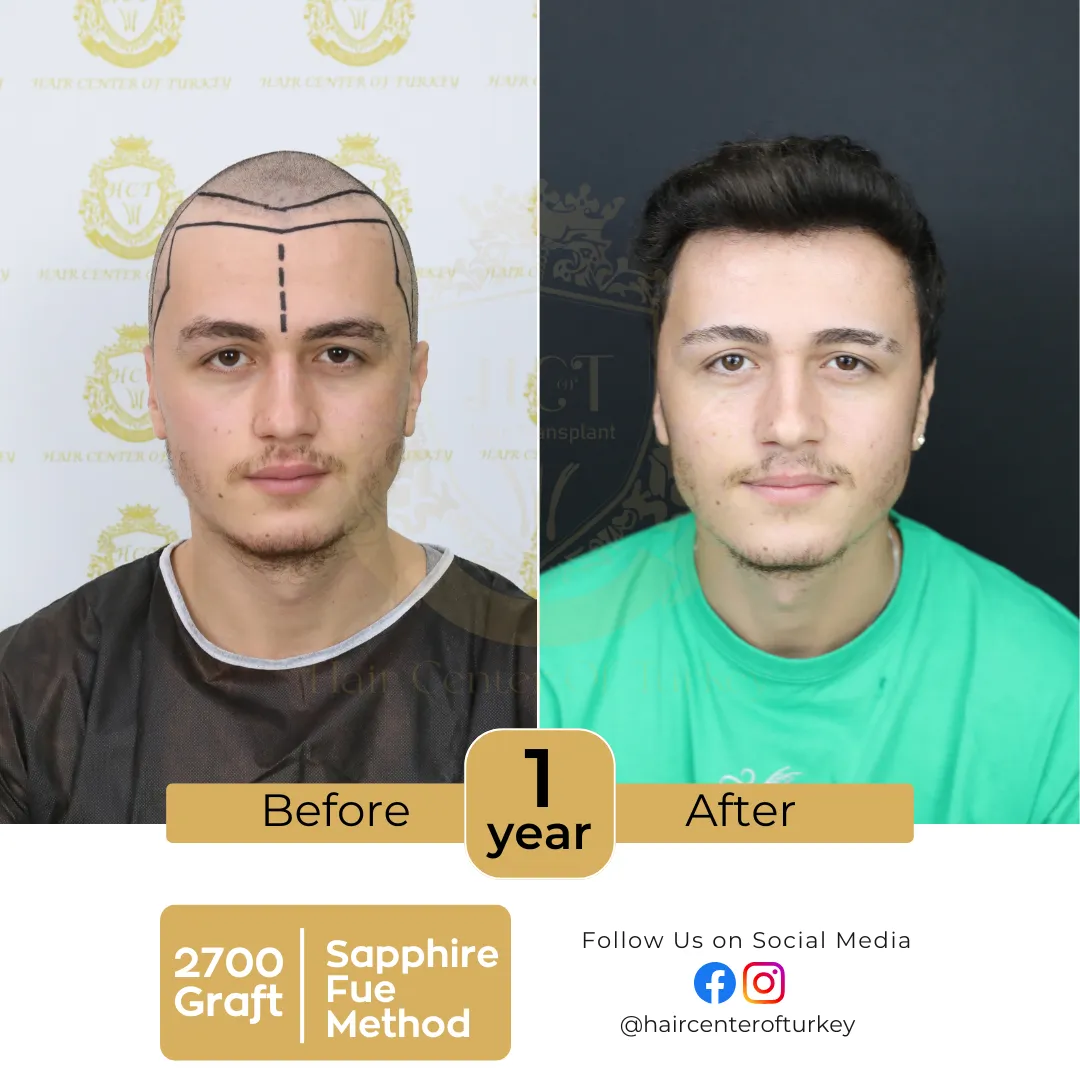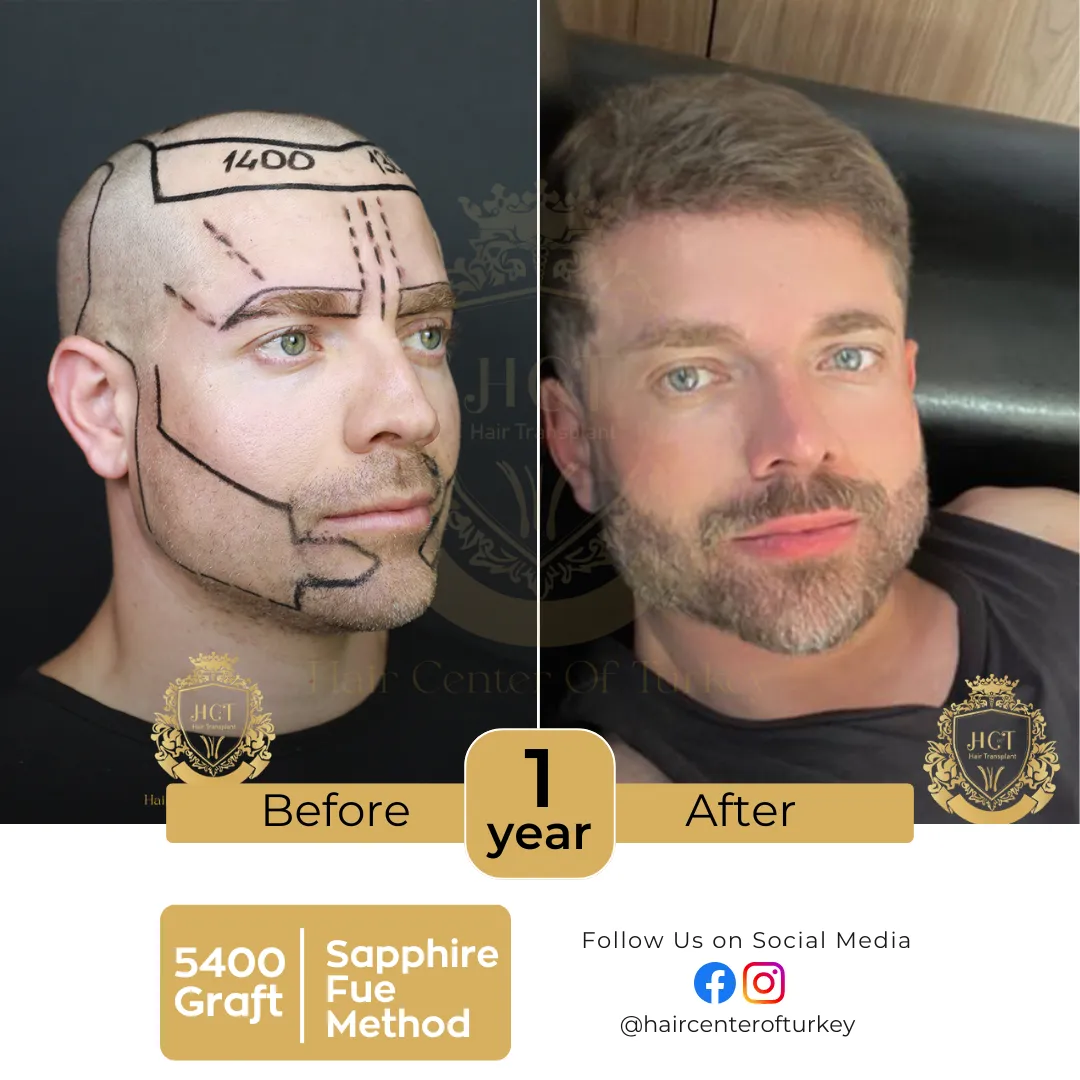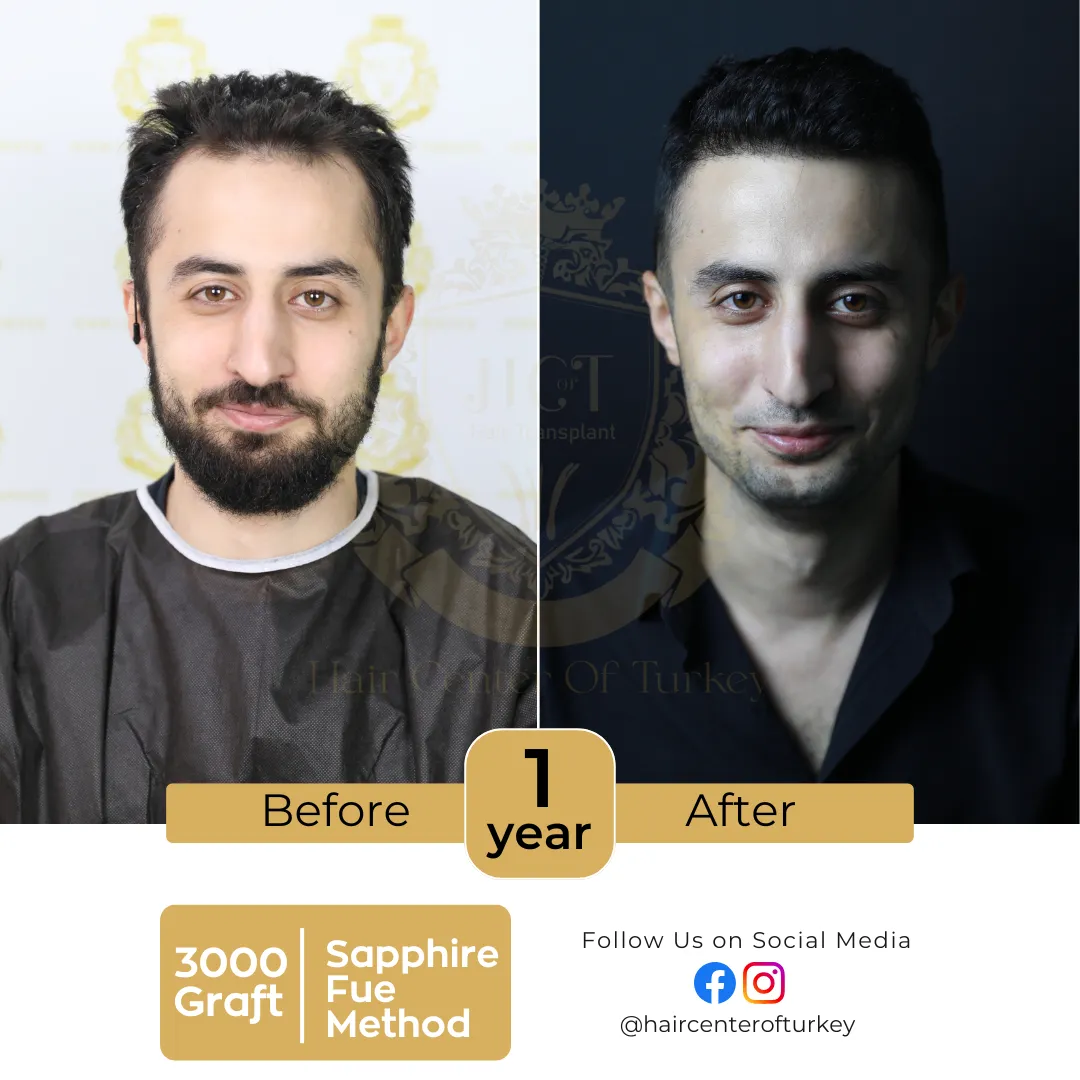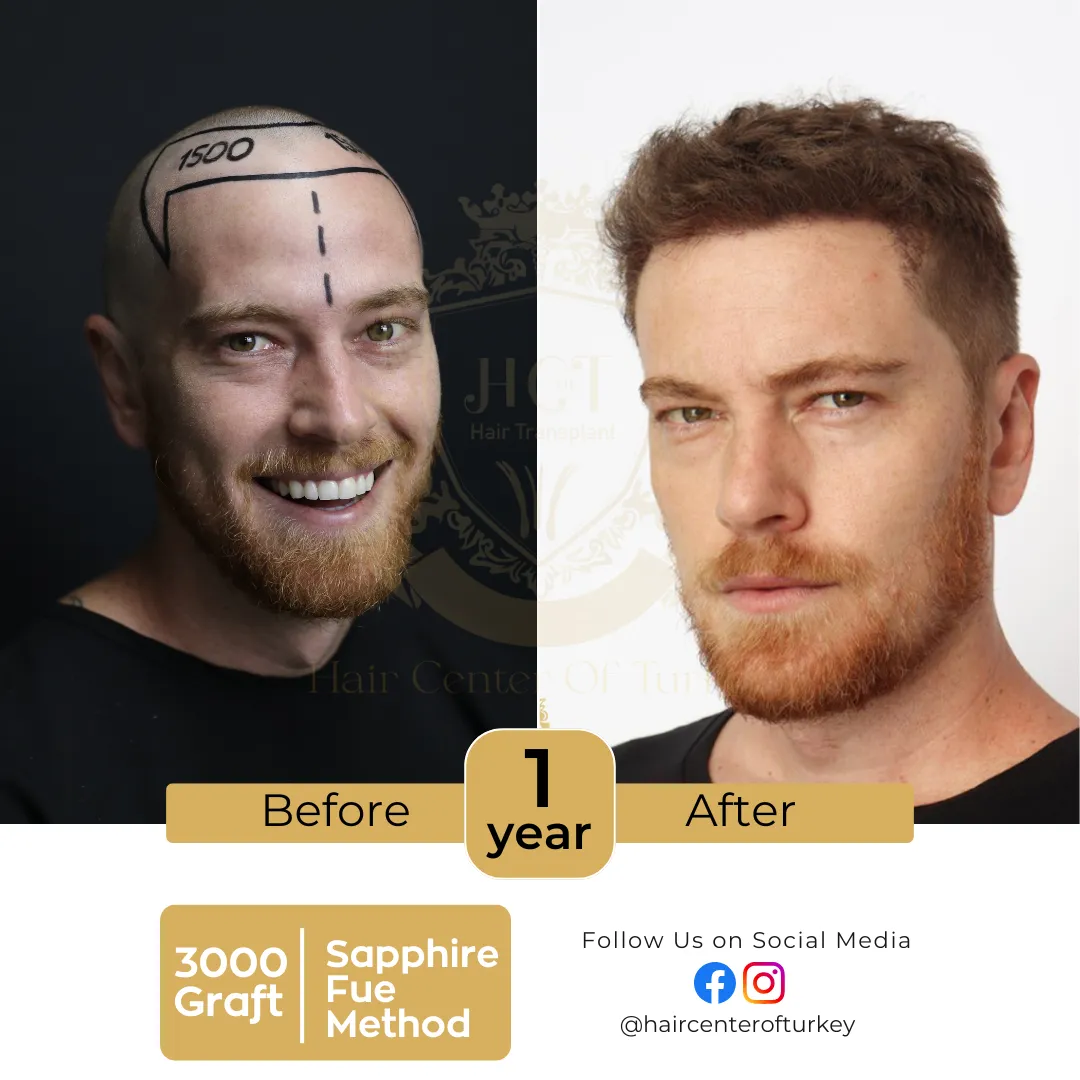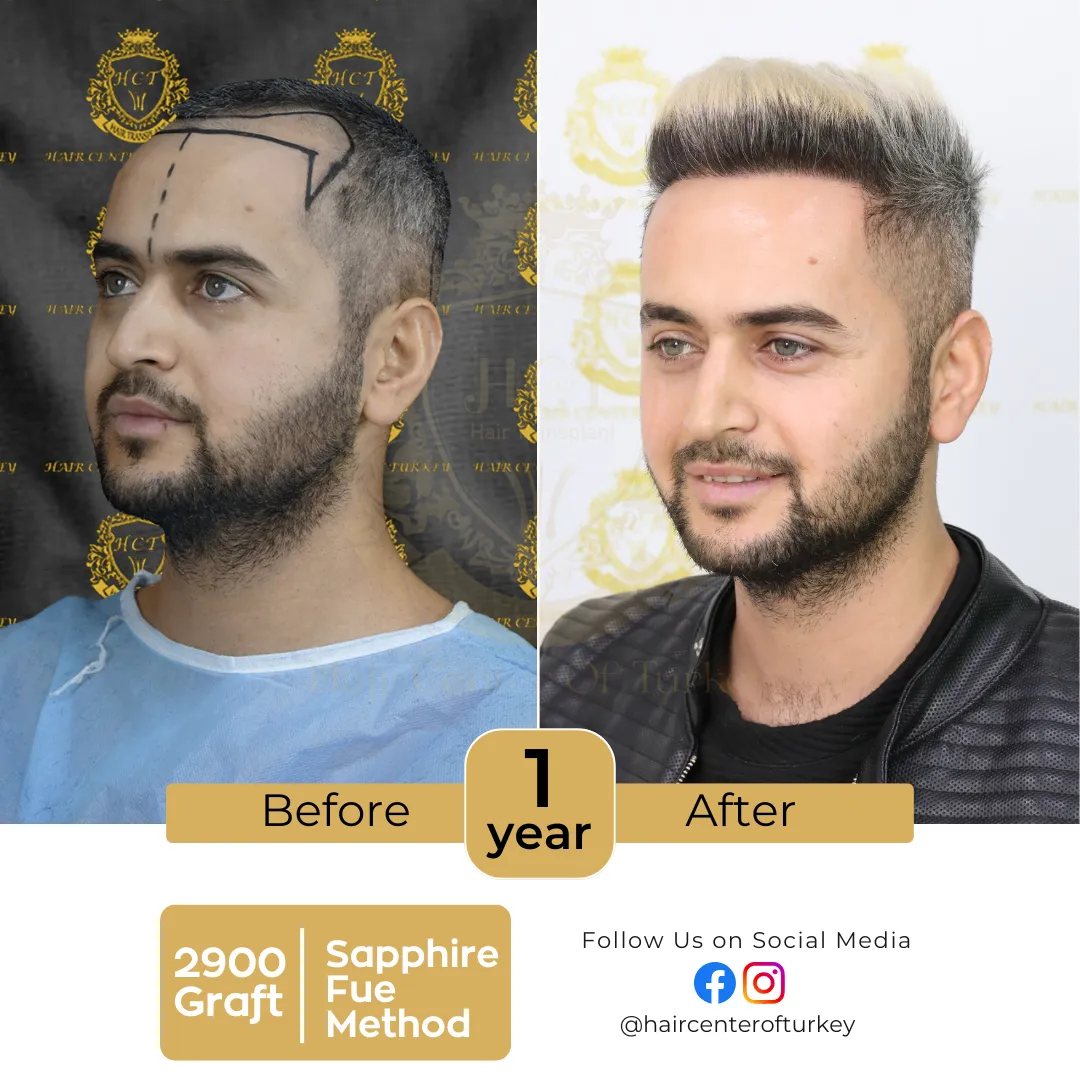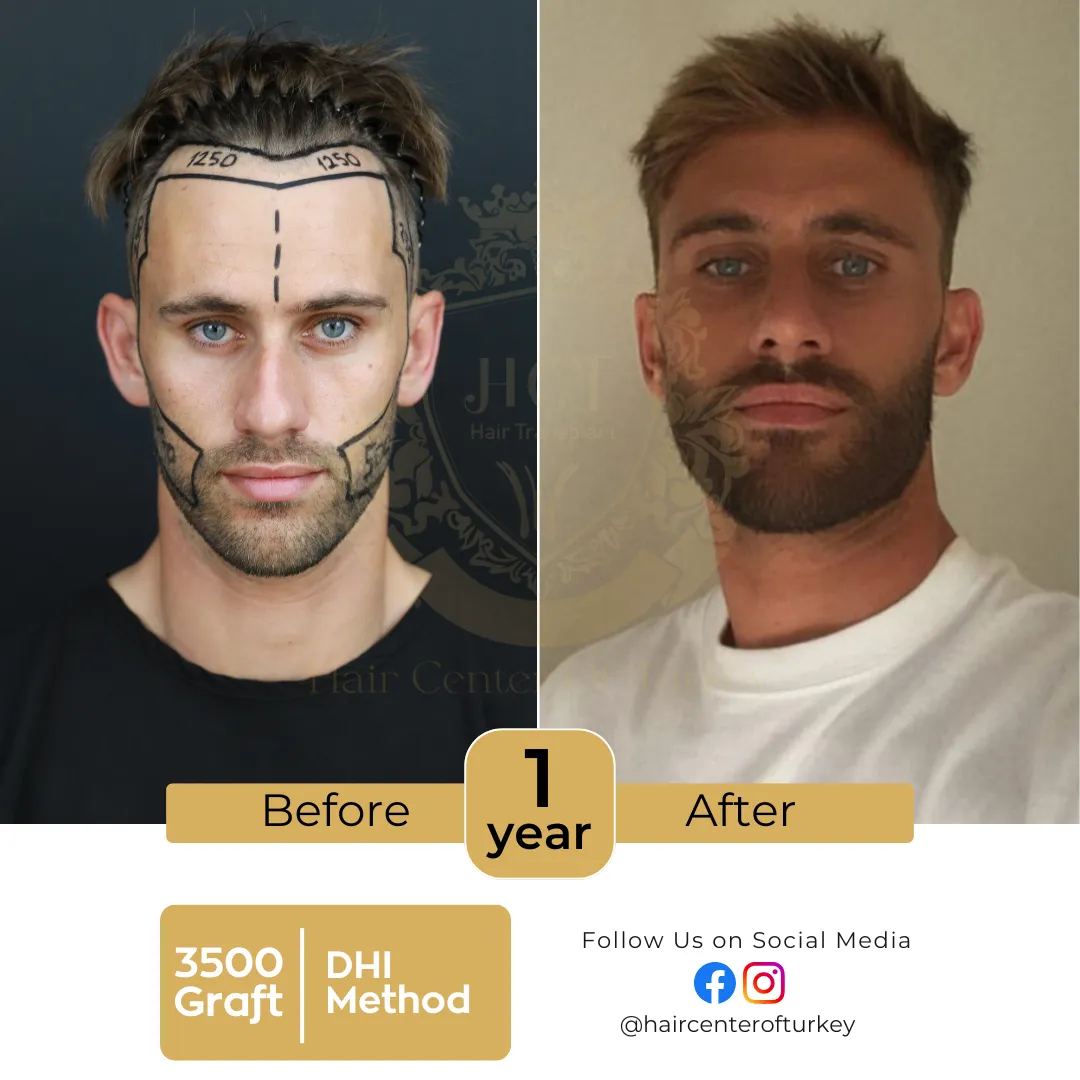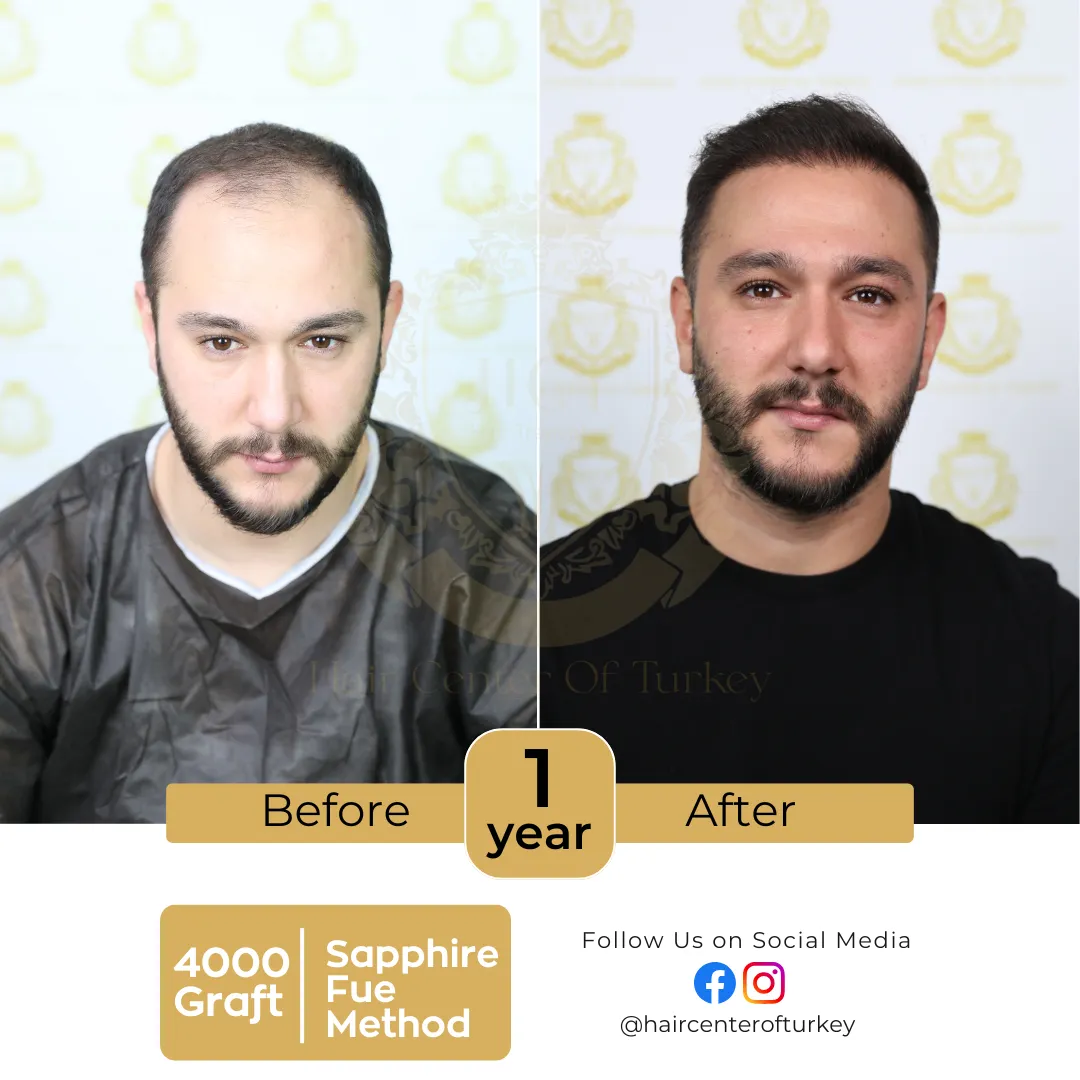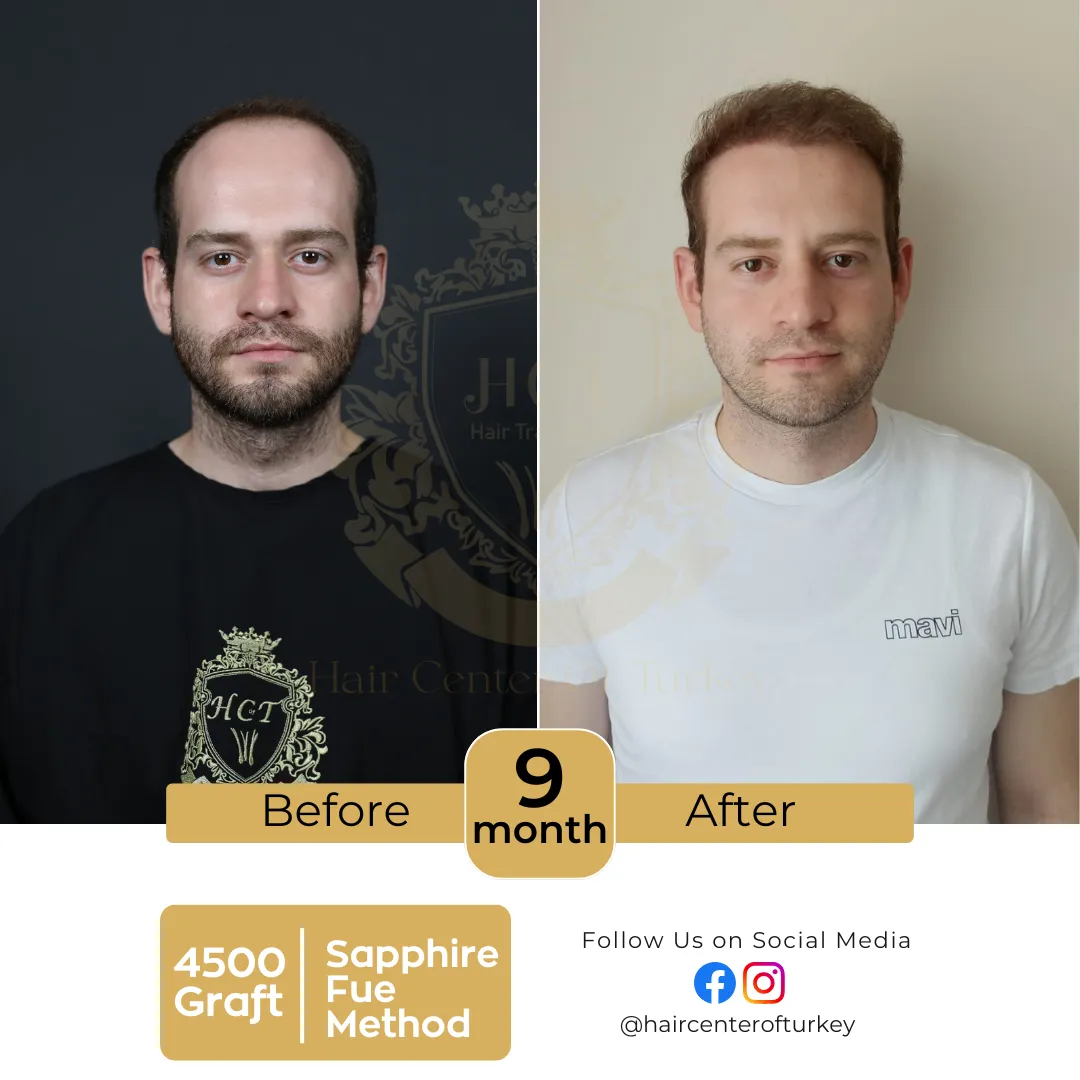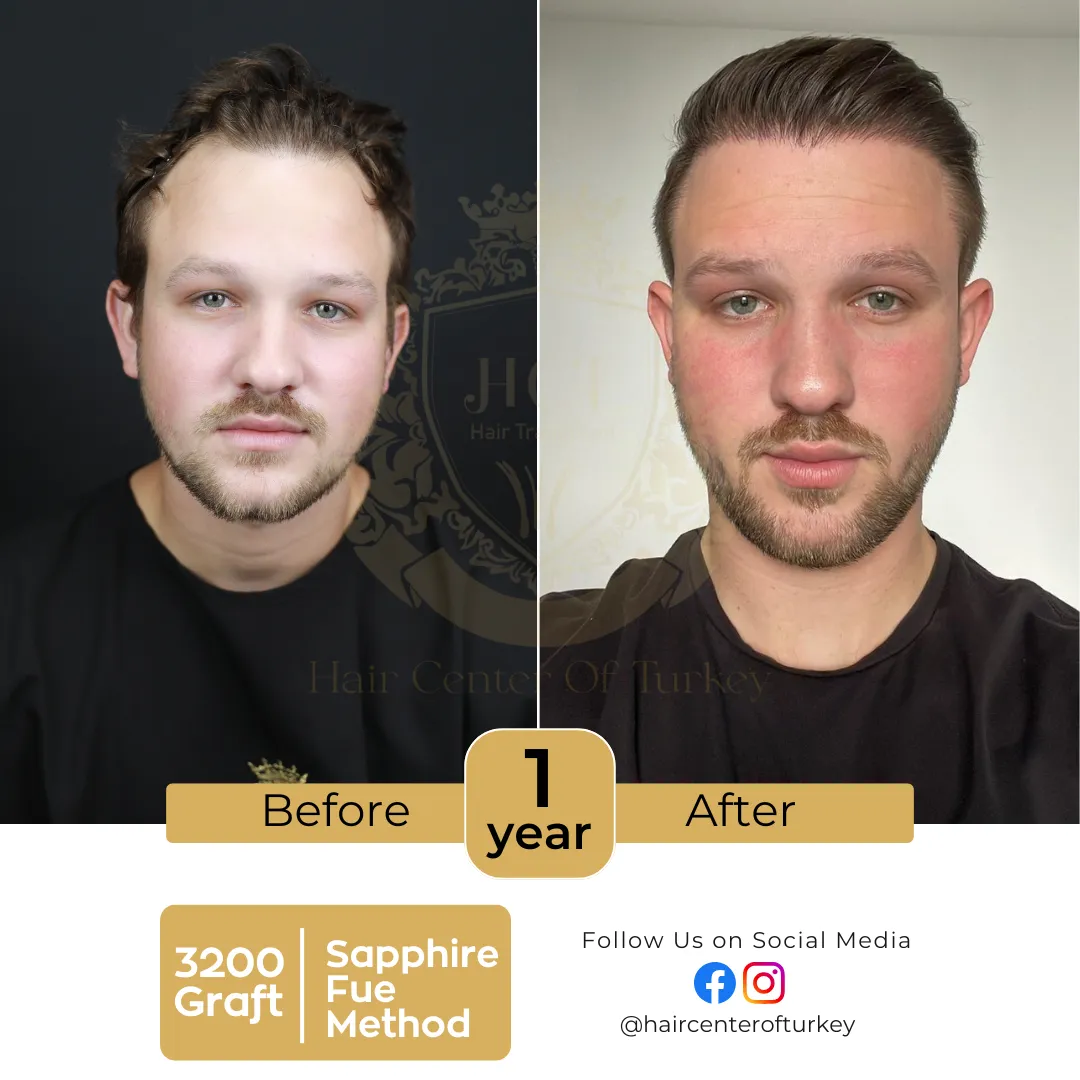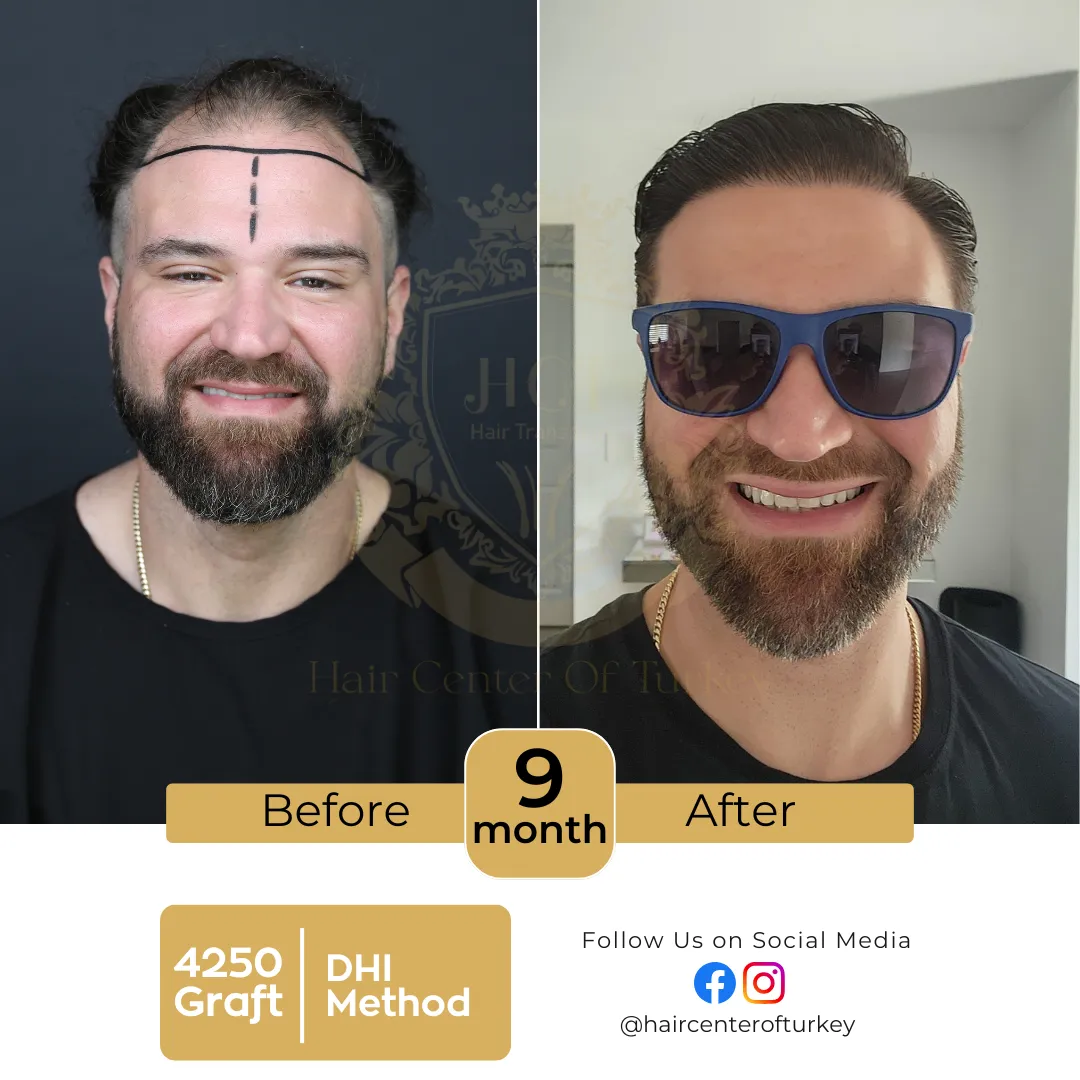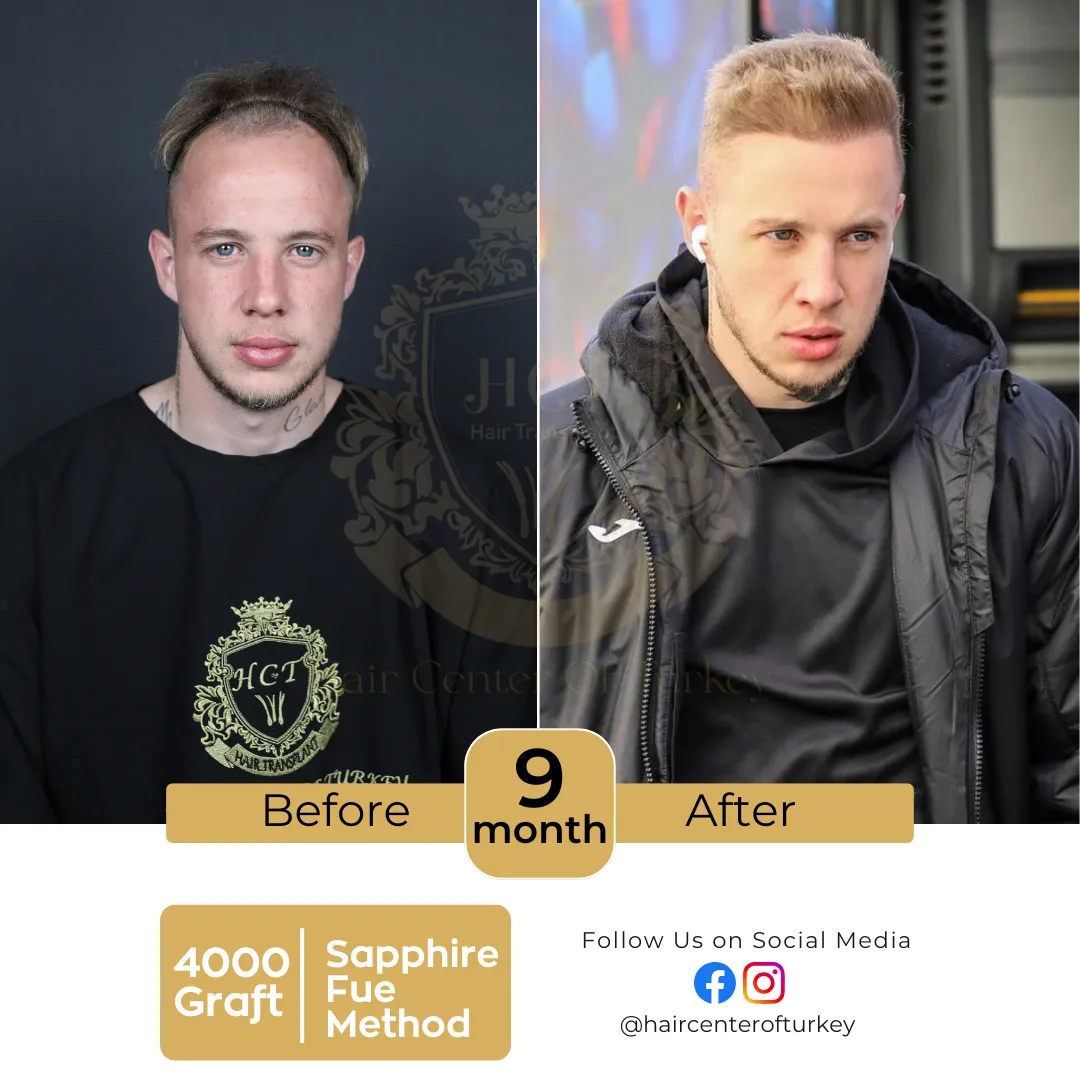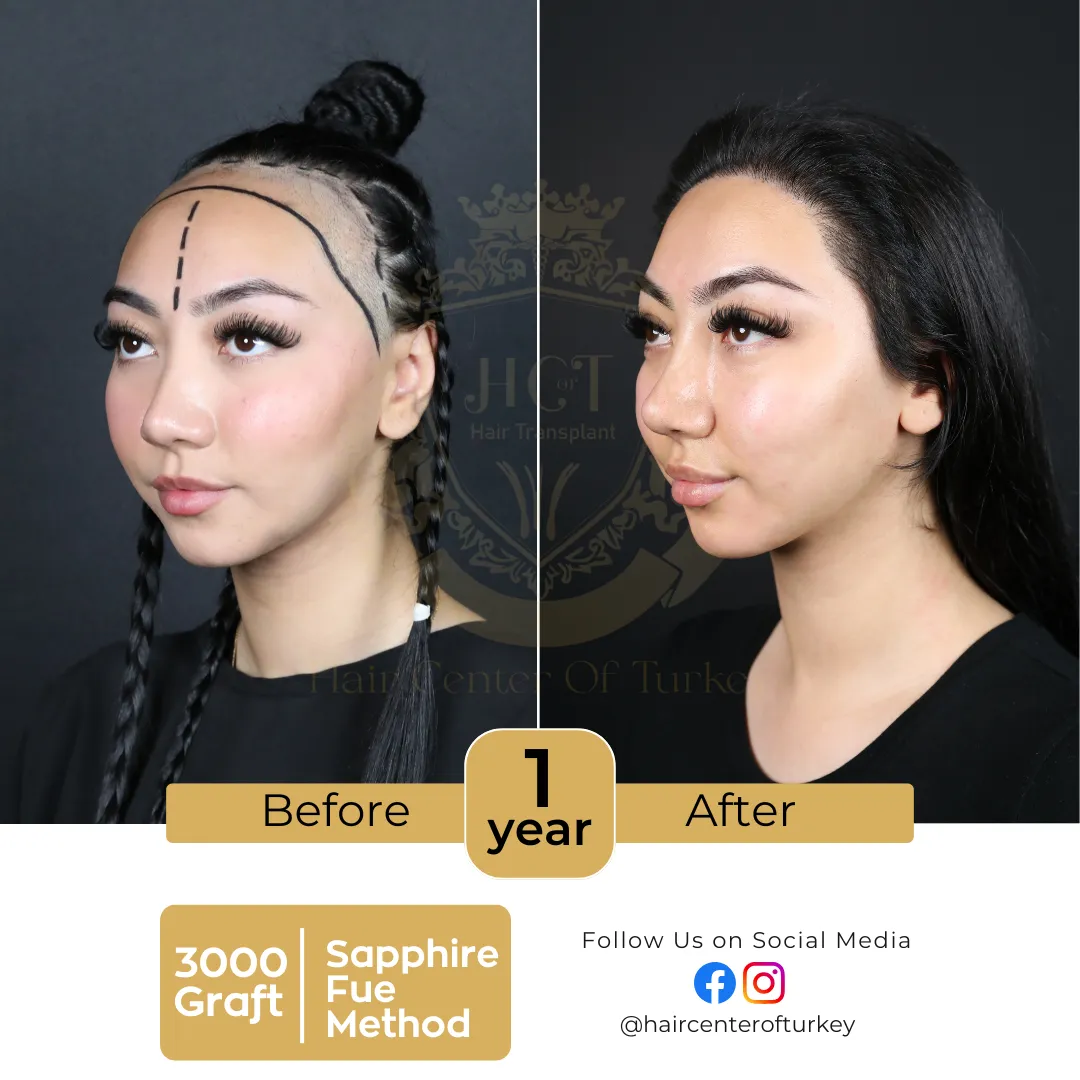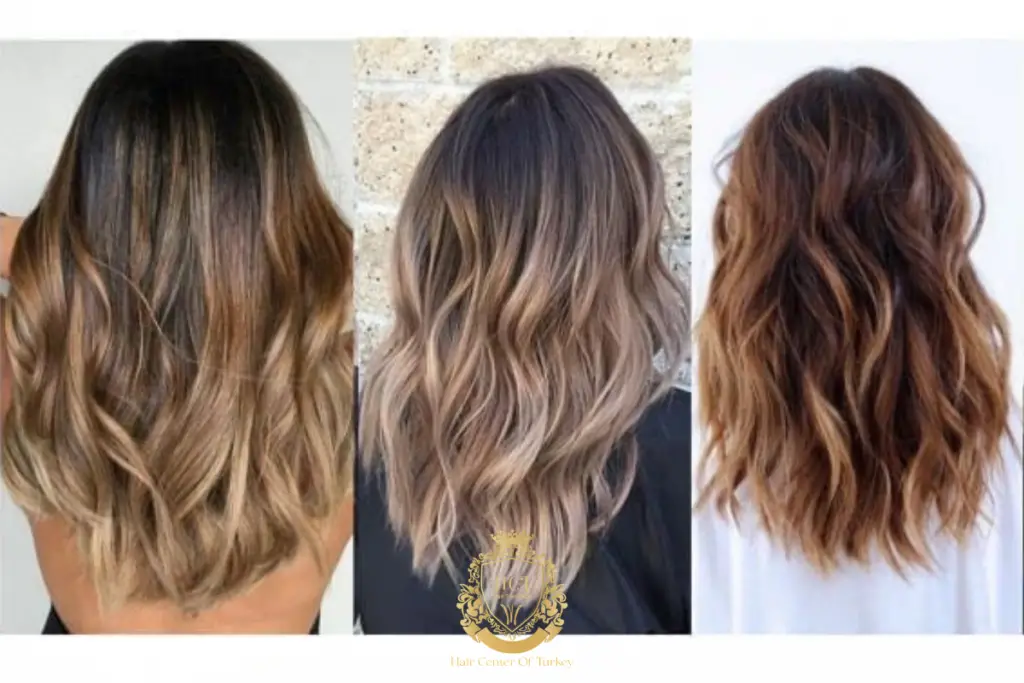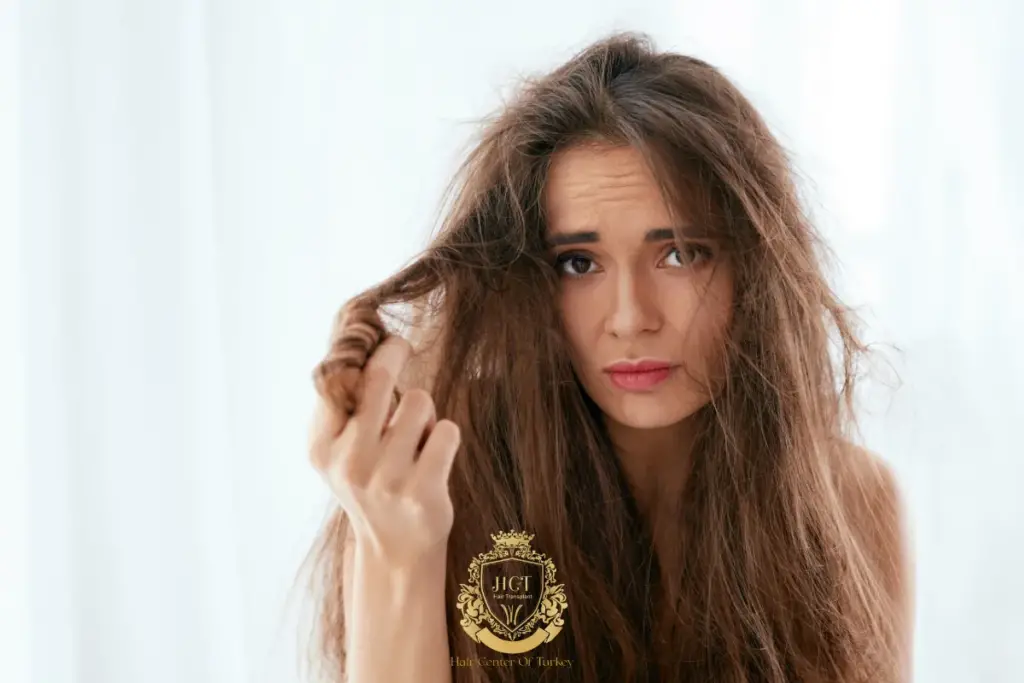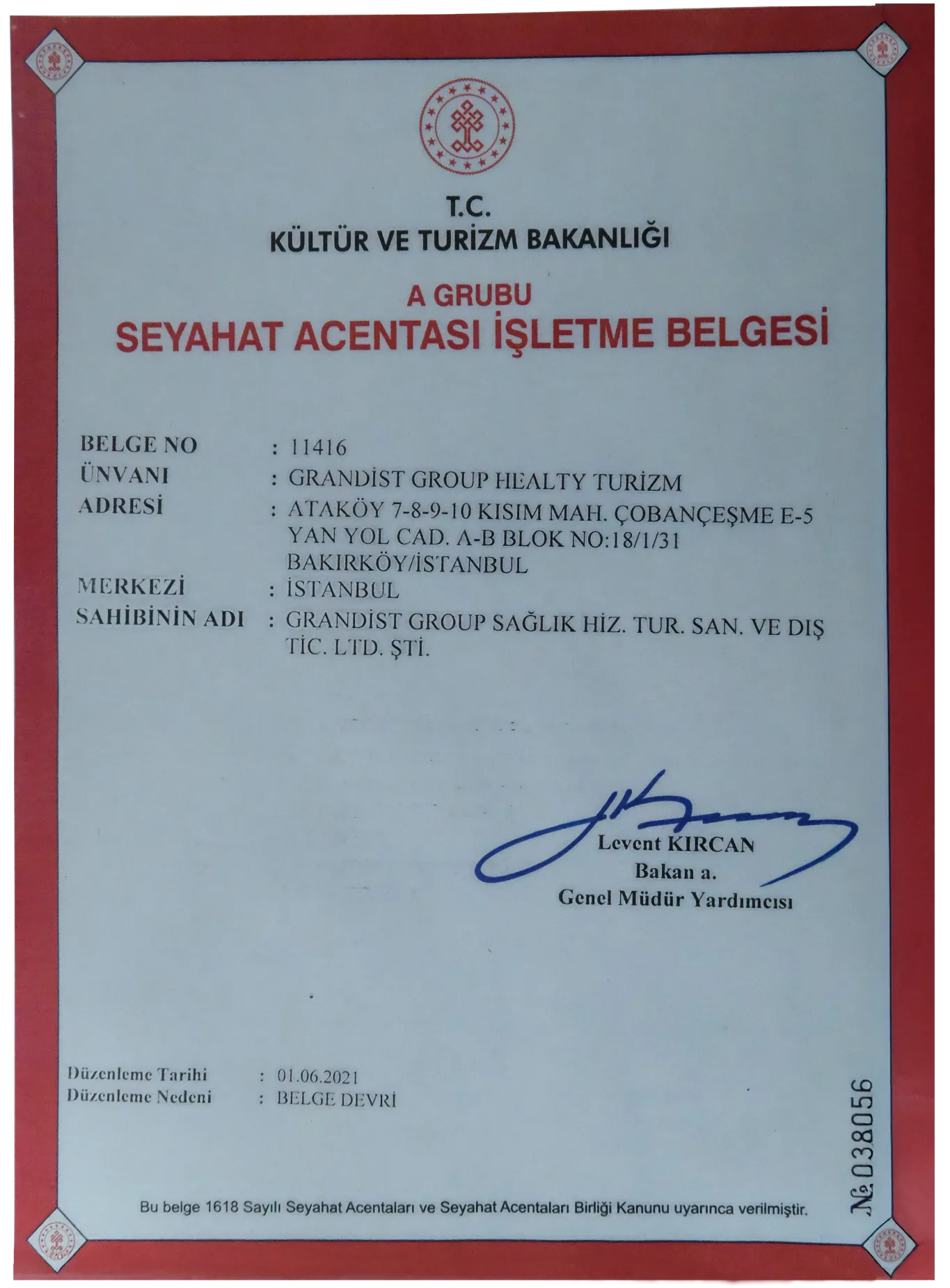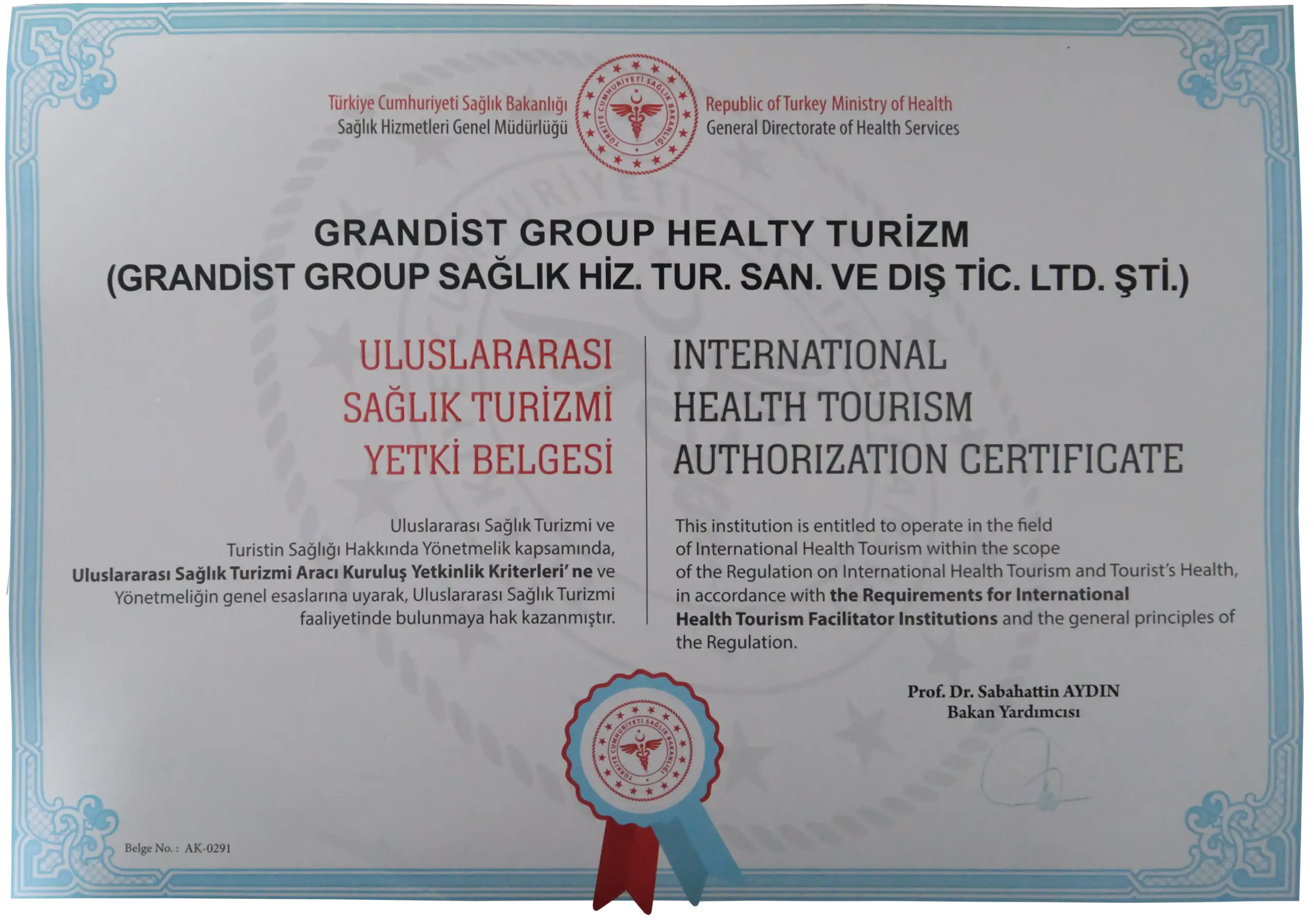Is Hair Dyeing Safe During Pregnancy?
Pregnancy is a very special period in which women experience significant physical and emotional changes. During this time, expectant mothers become more cautious in many areas of their lives to ensure a healthy baby. Questions may arise regarding nutrition, sleep, skincare, and the products they use. One of the most commonly asked questions is about hair dyeing during pregnancy. Does hair dye harm the baby? Which dyes are safe? Is dyeing hair riskier in the first trimester?
In this article, we will answer the most frequently asked questions about hair dyeing during pregnancy based on scientific research, and provide information on safe alternatives and natural solutions.
What Are the Causes of Dry and Dull Hair?
There are differing opinions on the safety of hair dyes during pregnancy. Hair dyes are known to contain chemical substances, which raises the question: “Can these chemicals affect the baby?”
Scientific studies show that the absorption of chemicals from hair dye through the skin is very low. Therefore, using small amounts of hair dye generally does not pose a serious risk. However, most doctors recommend being cautious, especially during the first 3 months (first trimester) of pregnancy, as this is when the baby’s organs are developing and are more sensitive to chemicals.
In summary, hair dyeing in later stages of pregnancy is usually considered safe when using appropriate products. Expectant mothers should always consult their doctors and make informed choices.
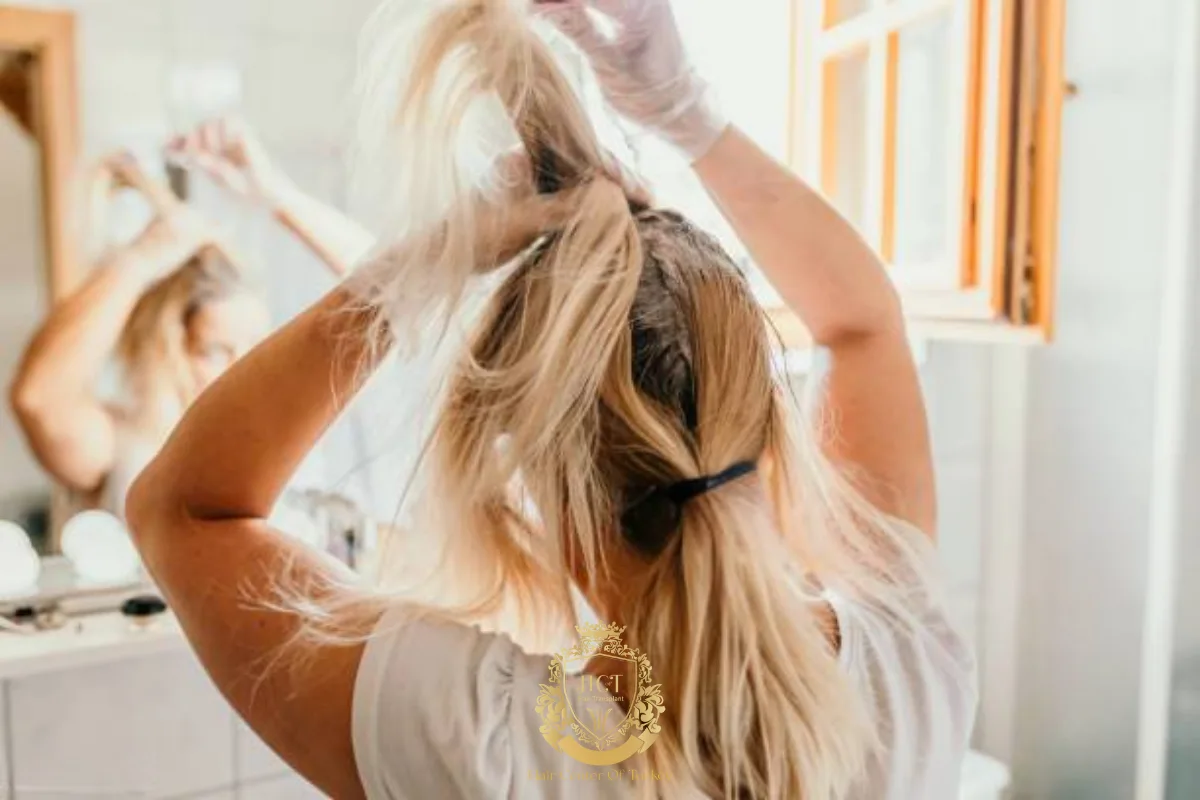
Hair Dye Ingredients and Possible Risks
Hair dyes can contain various ingredients. The most common chemicals in conventional hair dyes are:
- Ammonia: Opens the hair cuticle to allow color penetration. Its strong smell may be unpleasant.
- Peroxide (hydrogen peroxide): Used for lightening hair color. High doses may irritate the skin.
- p-Phenylenediamine (PPD): Commonly found in permanent hair dyes. Can cause allergic reactions.
Frequent or prolonged exposure to these chemicals may cause skin irritation or allergies. However, most of the chemicals remain on the hair, and the amount that enters the bloodstream is very low.
To minimize risk, pregnant women are advised to:
- Dye hair in a well-ventilated area
- Use gloves
- Prefer ammonia-free products
- Avoid applying dye directly to the scalp
Is Hair Dyeing Harmful in the First Trimester?
The first 12 weeks of pregnancy, the first trimester, is a critical period for fetal organ development. Therefore, every product used by the mother is particularly important.
Most experts recommend avoiding hair dye during the first trimester whenever possible, as there is a slightly higher theoretical risk of chemicals affecting the baby. If hair dyeing is not urgent, it is safer to wait until after the first 3 months.
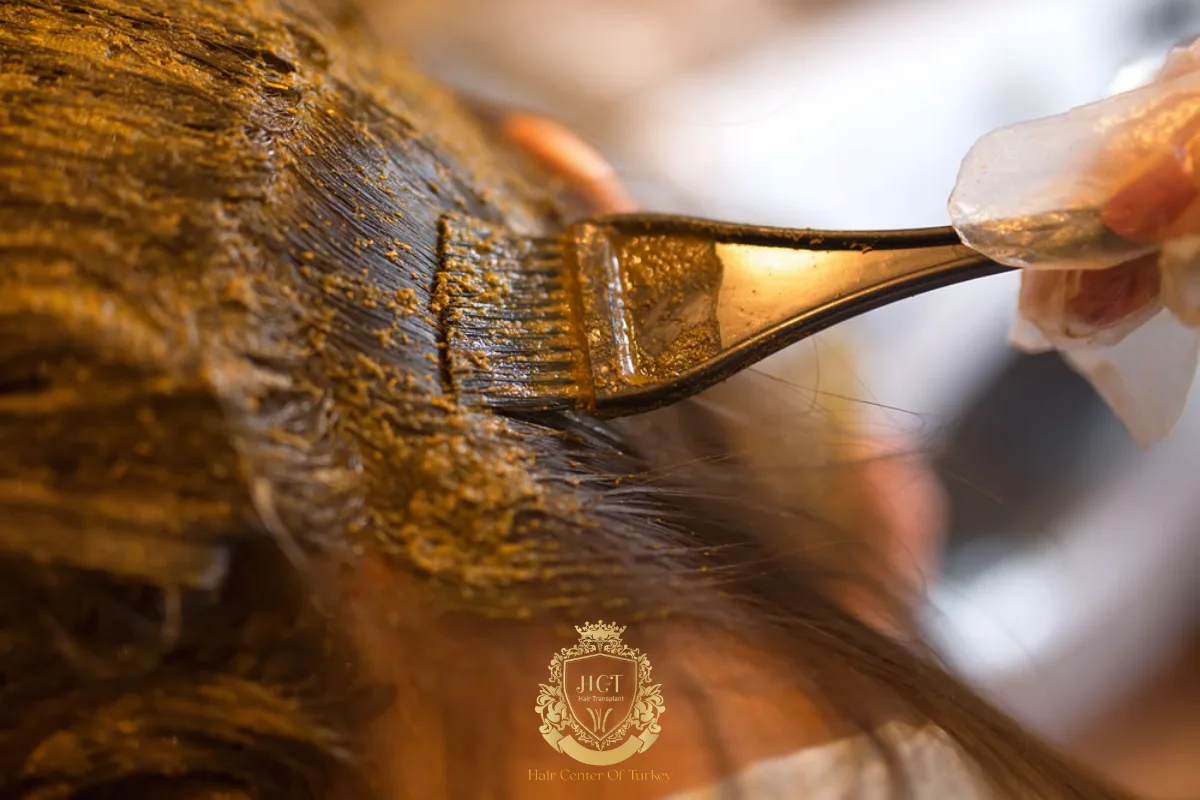
Can Organic and Herbal Hair Dyes Be Used During Pregnancy?
Many expectant mothers prefer organic or herbal hair dyes due to the potential risks of chemical dyes. Are these products truly safe?
- Henna: A natural dye that has been used for centuries. Ensure it is pure henna, as some products may contain chemical additives.
- Herbal dyes: Some products marketed as “herbal” may not be completely natural. Always check the ingredients.
- Ammonia-free and low-chemical dyes: Considered safer alternatives during pregnancy.
Even though organic and herbal dyes are generally lower-risk, consulting a doctor before using them is still necessary.
Natural Methods to Change Hair Color During Pregnancy
Instead of chemical dyes, you can use natural alternatives:
- Chamomile water: Gradually lightens hair.
- Walnut shell water: Adds brown tones.
- Coffee or black tea: Can darken hair with repeated use.
- Henna: Provides natural red or brown shades.
These methods are less permanent than chemical dyes but offer a safer alternative during sensitive periods.

Tips for Maintaining Hair Health During Pregnancy
Hormonal changes during pregnancy may affect hair differently—some women may have thicker hair, while others may experience more hair loss. To protect hair health:
- Eat a balanced diet: Rich in protein, iron, zinc, and B vitamins.
- Use natural oils: Olive oil, coconut oil, or almond oil.
- Limit chemical treatments: Frequent dyeing, heat styling, and perms can damage hair.
- Choose gentle products: Sulfate-free shampoos are less irritating.
- Massage the scalp: Improves blood circulation and strengthens hair roots.
Focusing on overall hair care rather than only dyeing reduces concerns about hair health during pregnancy.
Hair dyeing during pregnancy is not inherently dangerous if done with the right precautions. Avoiding dye in the first trimester, choosing organic or low-chemical products, and consulting a doctor are the safest approaches. Natural methods can also provide a safe alternative for changing hair color.
The most important priority during this period is the health of your baby. By making informed choices, you can maintain your beauty while protecting your child.


